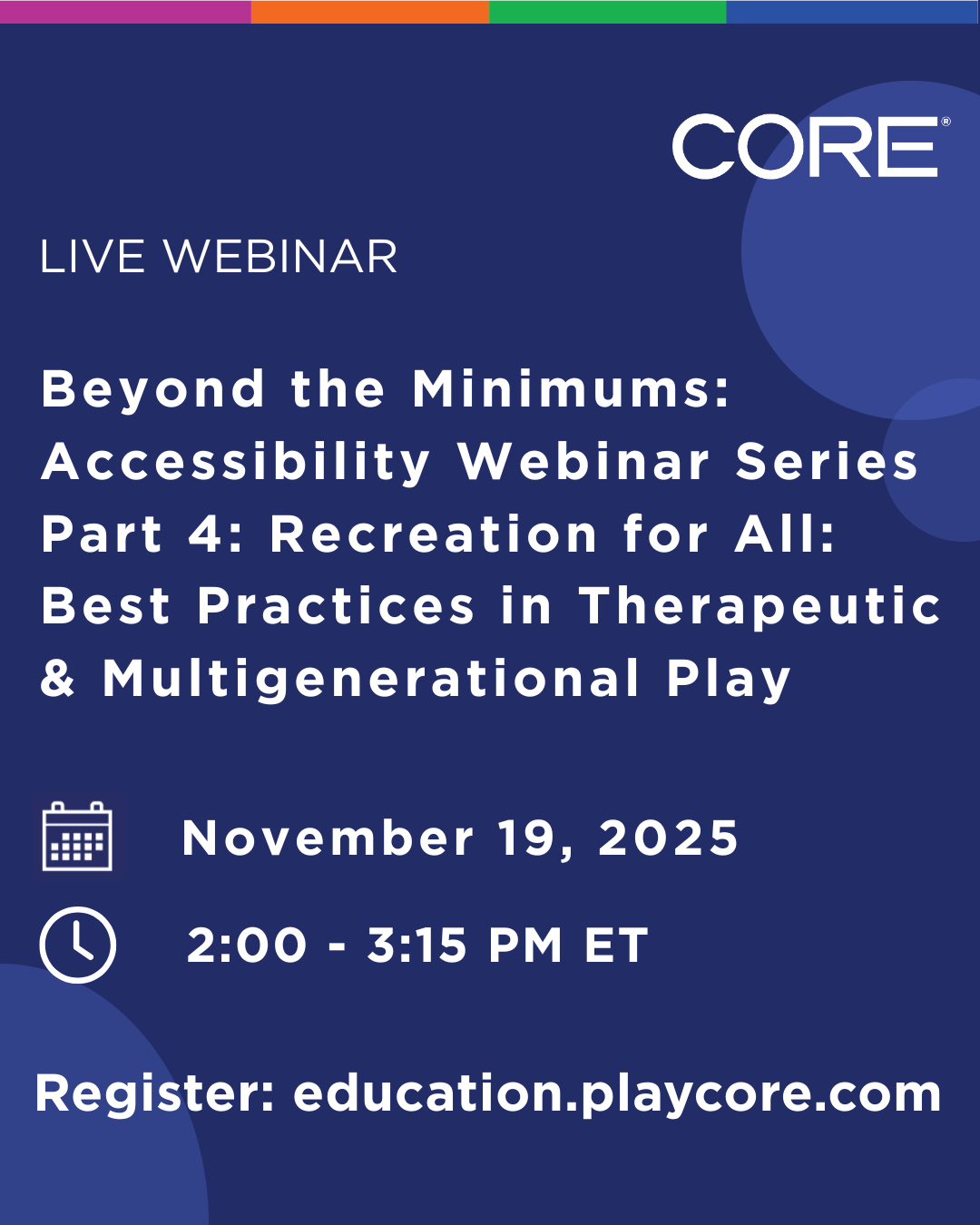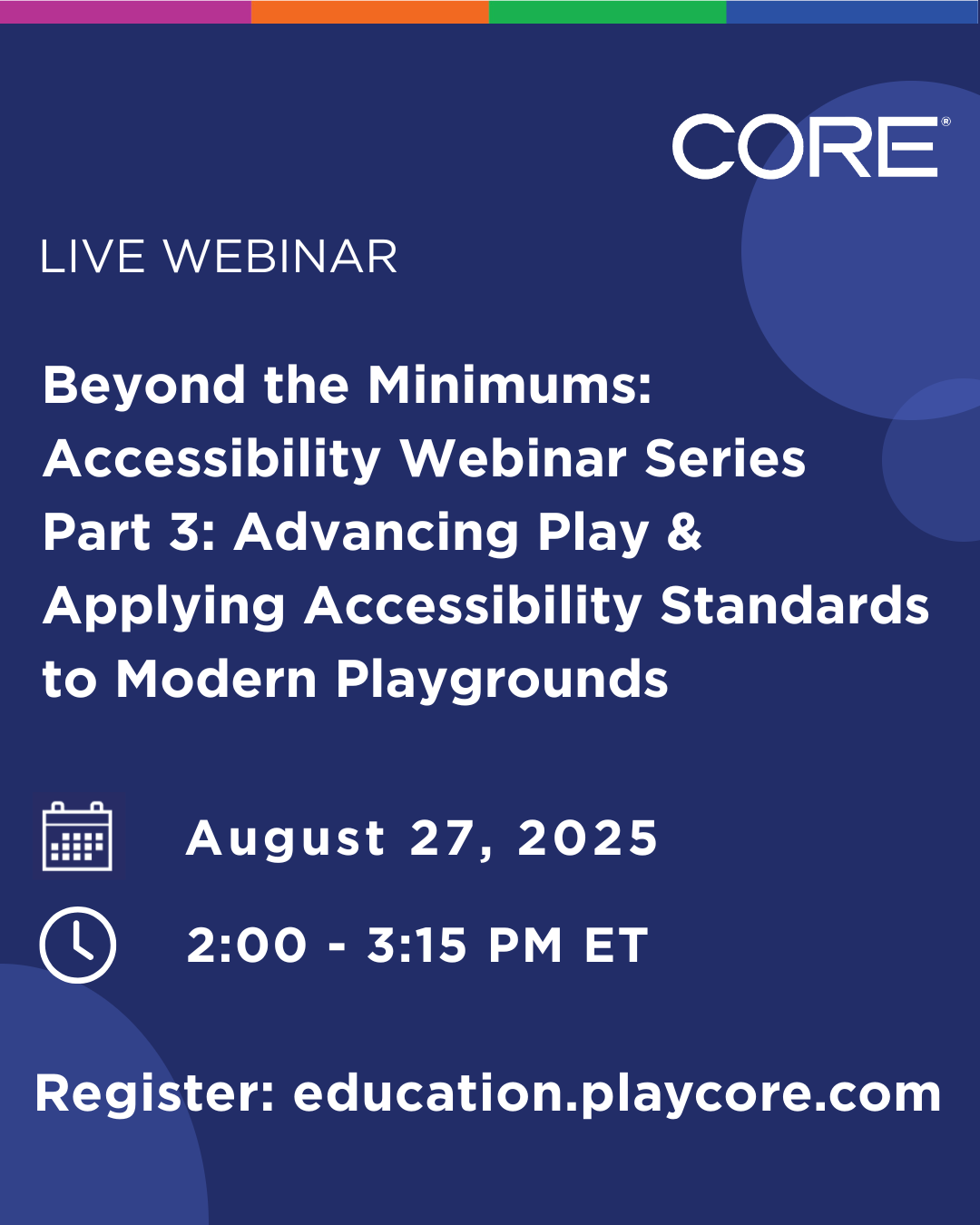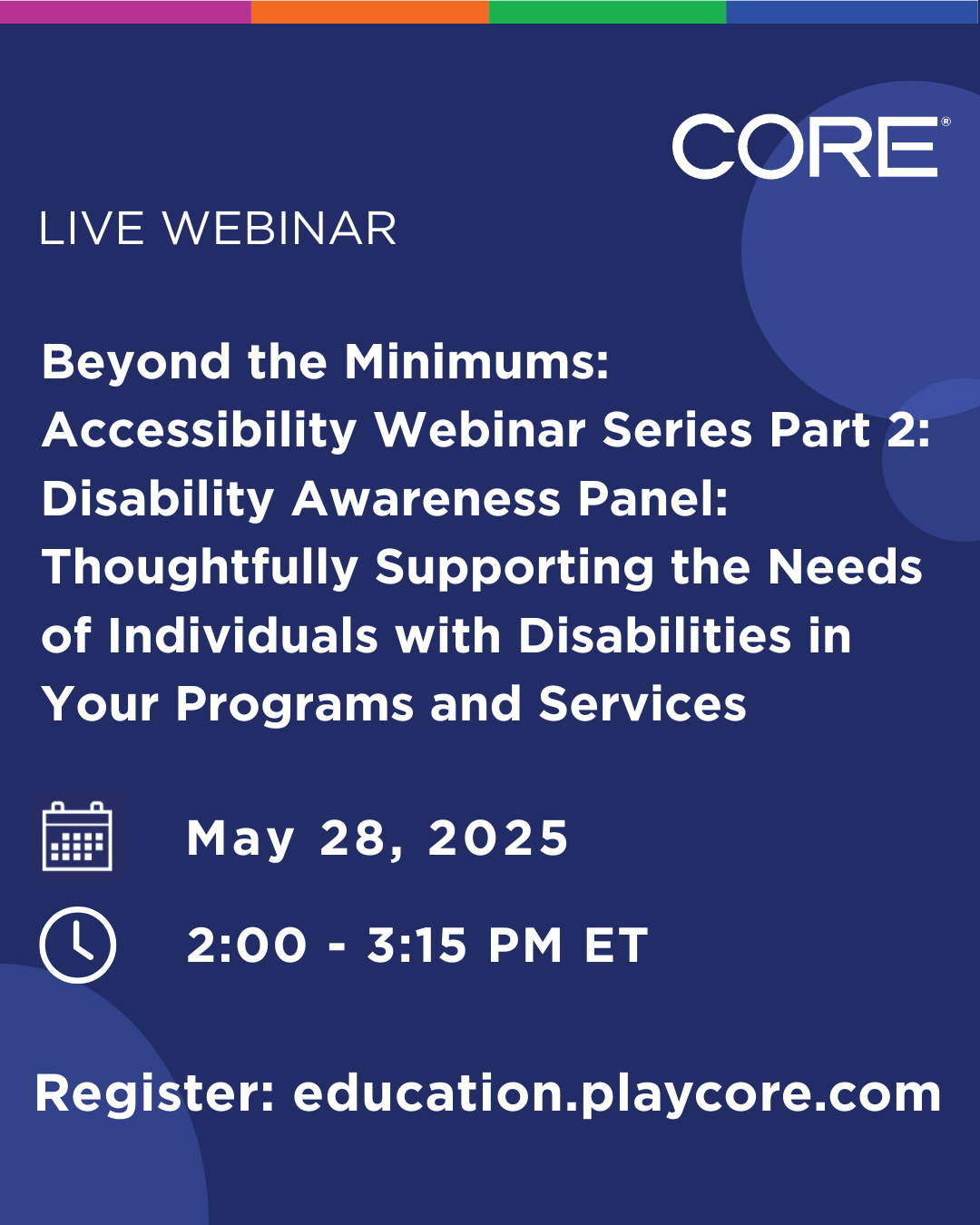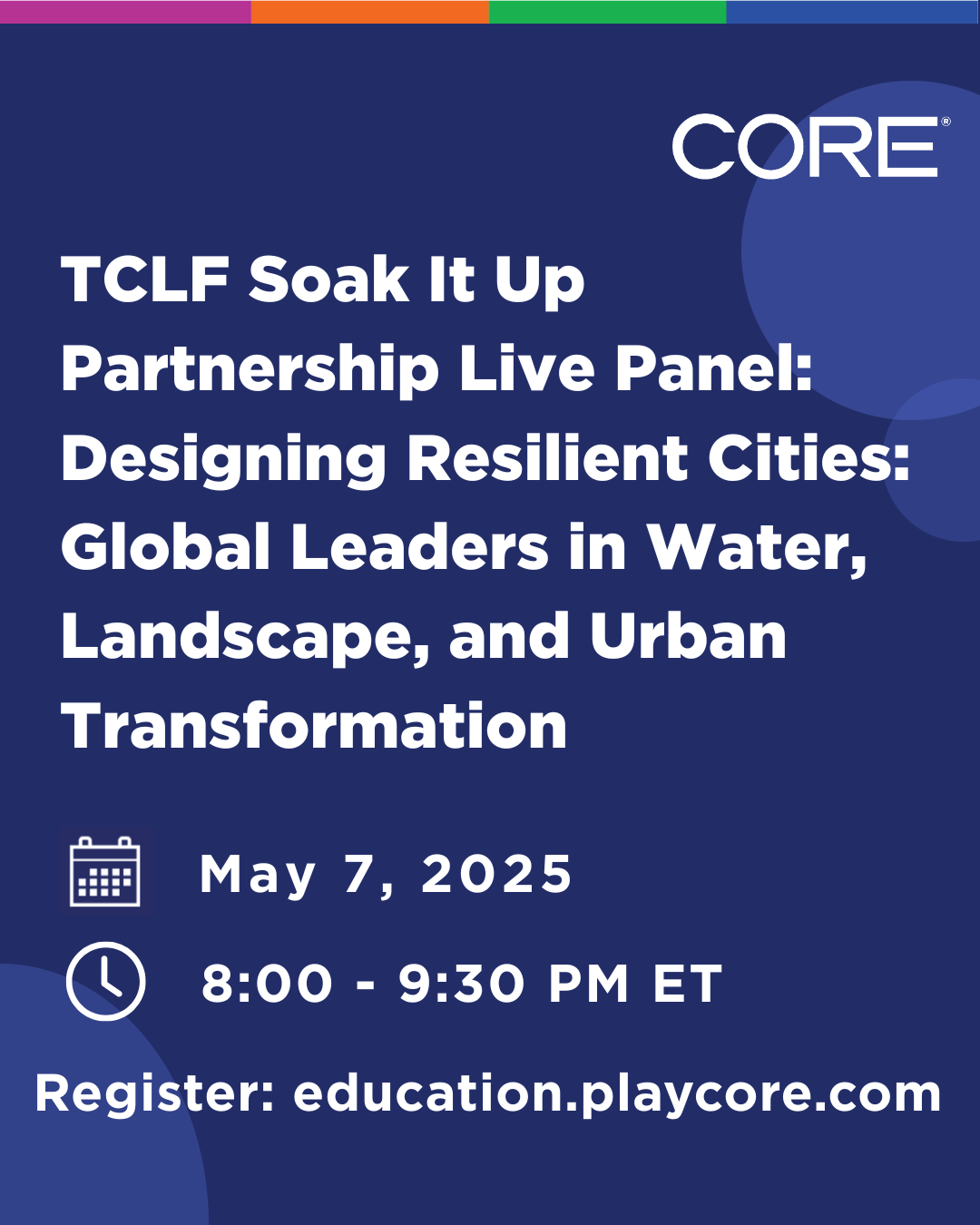
Catalog Advanced Search
-
Contains 4 Component(s), Includes Credits Includes a Live Web Event on 11/19/2025 at 2:00 PM (EST)
Parks and recreation spaces should provide meaningful opportunities for individuals of all ages and abilities through inclusive, thoughtful design and programming. This panel discussion will bring together experts in therapeutic recreation, accessibility, and community engagement to explore how inclusive multigenerational recreation fosters well-being, social connection, and a sense of belonging. Panelists will share best practices for integrating therapeutic recreation principles into programs, ensuring all individuals—regardless of age, ability, or background—can fully participate in play, recreation, and social experiences. This session is part of the four-part Beyond the Minimums webinar series. Real-time captioning will be provided. Video remote interpreting (VRI) is available upon request. To request video interpreting services and/or alternative formats, please email core@playcore.com at least two weeks before the live webinar date.
Parks and recreation spaces should provide meaningful opportunities for individuals of all ages and abilities through inclusive, thoughtful design and programming. This panel discussion will bring together experts in therapeutic recreation, accessibility, and community engagement to explore how inclusive multigenerational recreation fosters well-being, social connection, and a sense of belonging. Panelists will share best practices for integrating therapeutic recreation principles into programs, ensuring all individuals—regardless of age, ability, or background—can fully participate in play, recreation, and social experiences.
This session is part of the four-part Beyond the Minimums webinar series. Real-time captioning will be provided. Video remote interpreting (VRI) is available upon request. To request video interpreting services and/or alternative formats, please email core@playcore.com at least two weeks before the live webinar date.Learning Objectives:
- Identify three key principles of therapeutic recreation that promote inclusive, multigenerational engagement in parks and community spaces.
- Describe best practices for designing and facilitating recreation programs that support individuals across diverse abilities and life stages.
- Examine accessibility considerations and adaptations to enhance participation in play, leisure, and social activities for all.
- Evaluate existing recreation programs and services to identify opportunities for improvement in meeting the needs of individuals with disabilities and multigenerational users.

William (Bill) Botten
Accessibility Consultant
PlayCore
Botten who currently works as an accessibility consultant joined the U.S. Access Board in 2000 and served for 22 years (retired in 2022) in several capacities while on staff including as a senior accessibility specialist, technical assistance coordinator, and the training coordinator. He was part of a team that developed the combined guidelines for the Americans with Disabilities Act and the Architectural Barriers Act and was the lead staff for the development of guidelines and technical assistance materials for the rulemaking on outdoor developed areas. Bill specializes in accessibility issues related to recreation facilities and outdoor developed areas.

Tracy Crawford
President, SLSF and Former Executive Director, Northwest Special Recreation Association
Tracey Crawford is the former Executive Director at Northwest Special Recreation Association (NWSRA) and the President of Special Leisure Services Foundation (SLSF). Crawford’s 34 years of professional experience in parks and recreation includes Inclusion Coordinator/Therapeutic Recreation Specialist and Assistant Director at Fox Valley Special Recreation Association (FVSRA) in Aurora, IL; the Manager of Inclusion Services, Superintendent of Recreation, Superintendent of Development and Interim Director at Northern Suburban Special Recreation Association (NSSRA. Bachelor of Science degree in TR University of Iowa. A CTRS and a CPRP. Past Chairman for IPRA Board of Directors, a Past President of the branch of NRPA that was dedicated to therapeutic recreation. Serves on the IPR Foundation (IPRF) Board, the IPRA Diversity Leadership Task Force, the American Therapeutic Recreation Association (ATRA) as Past President and on the Illinois Recreation Therapeutic Association (ILRTA) Board as the ITRS Liaison. Was a on the Rolling Meadows Rotary Club and awarded the Paul Harris Fellow Award. Tracey serves on the Rolling Meadows Chamber of Commerce Board. Crawford was awarded the Robert Artz Lifetime Achievement Award for Illinois Park and Recreation professionals.
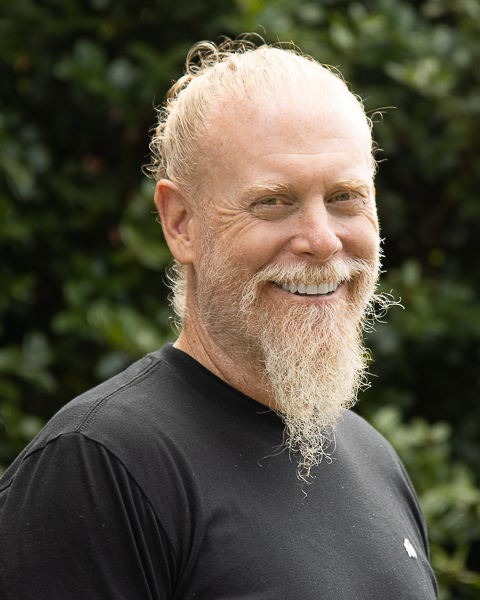
Brent D. Wolfe
Executive Director and ATRA Associate Professor
University of North Carolina
Brent D. Wolfe, PhD, CTRS, FDRT is an Associate Professor in the Department of Community and Therapeutic Recreation at the University of North Carolina, Greensboro and has more than 20 years of experience in the RT profession as a practitioner and educator. Dr. Wolfe graduated with his undergraduate degree from Houghton College in New York and earned his Masters and PhD from the University of Georgia. As a practitioner, Dr. Wolfe’s background is adolescent psych and he worked in a locked, residential treatment center for two years. He served as President of the National Therapeutic Recreation Society (NTRS) from 2009-2010 and more recently served on the Board of Directors for the American Therapeutic Recreation Association (ATRA) as the Treasurer (2016-2019). In addition to his work at UNCG, Dr. Wolfe currently serves as the Executive Director for ATRA. His work has been published in the Therapeutic Recreation Journal, Journal of Higher Education Outreach and Engagement, and the Journal of Experiential Education. Dr. Wolfe has also written book chapters for numerous Recreational Therapy and Leadership textbooks. His research interests have included team building, volunteering, and adults with developmental disabilities. Dr. Wolfe is currently engaging in research focused on the lived experiences of adults with developmental disabilities and giving them a voice to share their perspectives of the world around them. He has presented on a variety of topics related to leadership, disability, and recreational therapy at local, state, regional, national, and international conferences. Dr. Wolfe believes that the two most important keys to being a successful leader, student, therapist, and person are listening and empathy. He spends his free time with his wife Becky, their two daughters, Austyn Grace and Taylor Faith, their dog Bella, cats Leyla and Blue, and any other critters his daughters catch.
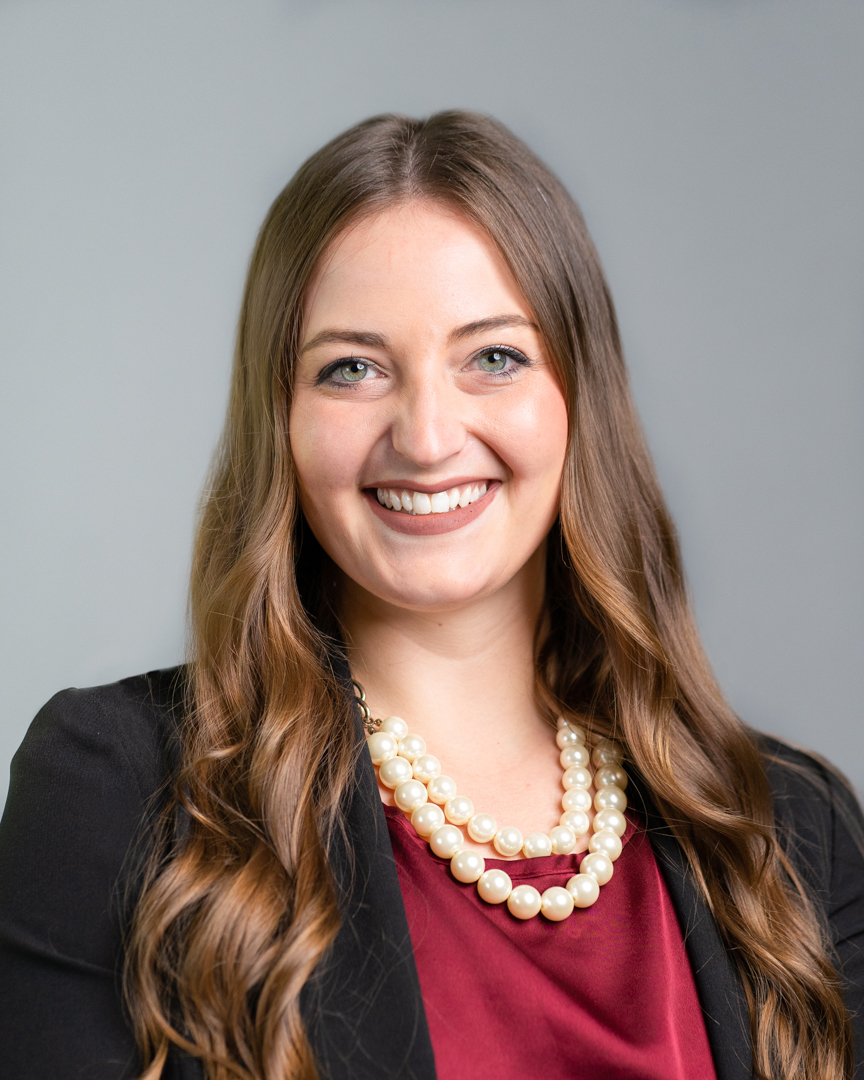
Ann Przybysz
Supports Coordinator
Network180
Ann Przybysz is a Supports Coordinator at Network180, Kent County’s Community Mental Health Authority, where she facilitates the person-centered planning process to develop an Individual Plan of Service (IPOS) for clients with intellectual and developmental disabilities. Ann is an advocate and champion for her clients to be empowered to have self-determined lives and reach their personal goals with the appropriate supports that they need.
Prior to her role with Network180, Ann served as a Recreation Program Coordinator with the City of Kentwood Parks and Recreation Department in Southwest Michigan, where she planned and implemented Adaptive Recreation opportunities for individuals with disabilities. Ann and her department were awarded the “Excellence in Therapeutic Recreation Programming Award” from the Michigan Recreation and Parks Association in 2023 for developing a highly successful “Limb Loss Awareness 5k” event.
Ann is a Certified Therapeutic Recreation Specialist (CTRS) and a Qualified Intellectual Disabilities Professional (QIDP) who helps individuals with disabilities find support and success in their homes, communities, and ancillary services.
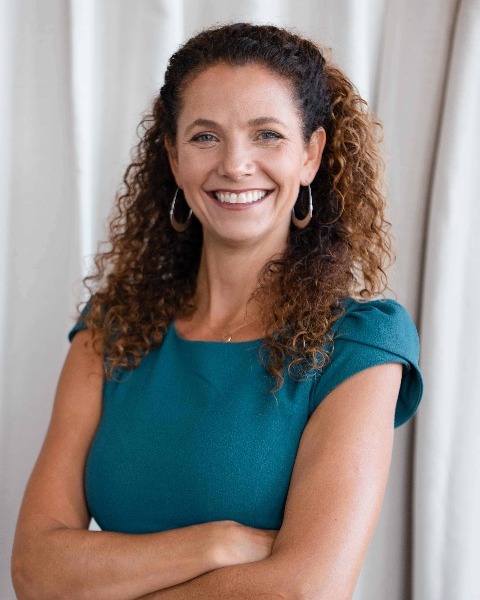
Jennie Sumrell
CORE Community Outreach Director
PlayCore
Jennie worked in the field of childhood development and exceptional learning for nearly fifteen years. She has a Master’s degree in Special Education with a concentration in Early Childhood Education from the University of Tennessee at Chattanooga. Jennie joined PlayCore in 2008 and serves as the Community Outreach Director within PlayCore’s Center for Outreach, Research and Education. Deeply passionate about inclusive, intergenerational play, Jennie utilizes her expertise and personal experiences as an educator to positively impact the development of innovative play and recreation destinations that focus on community health and wellness.
This session will offer the following credits:
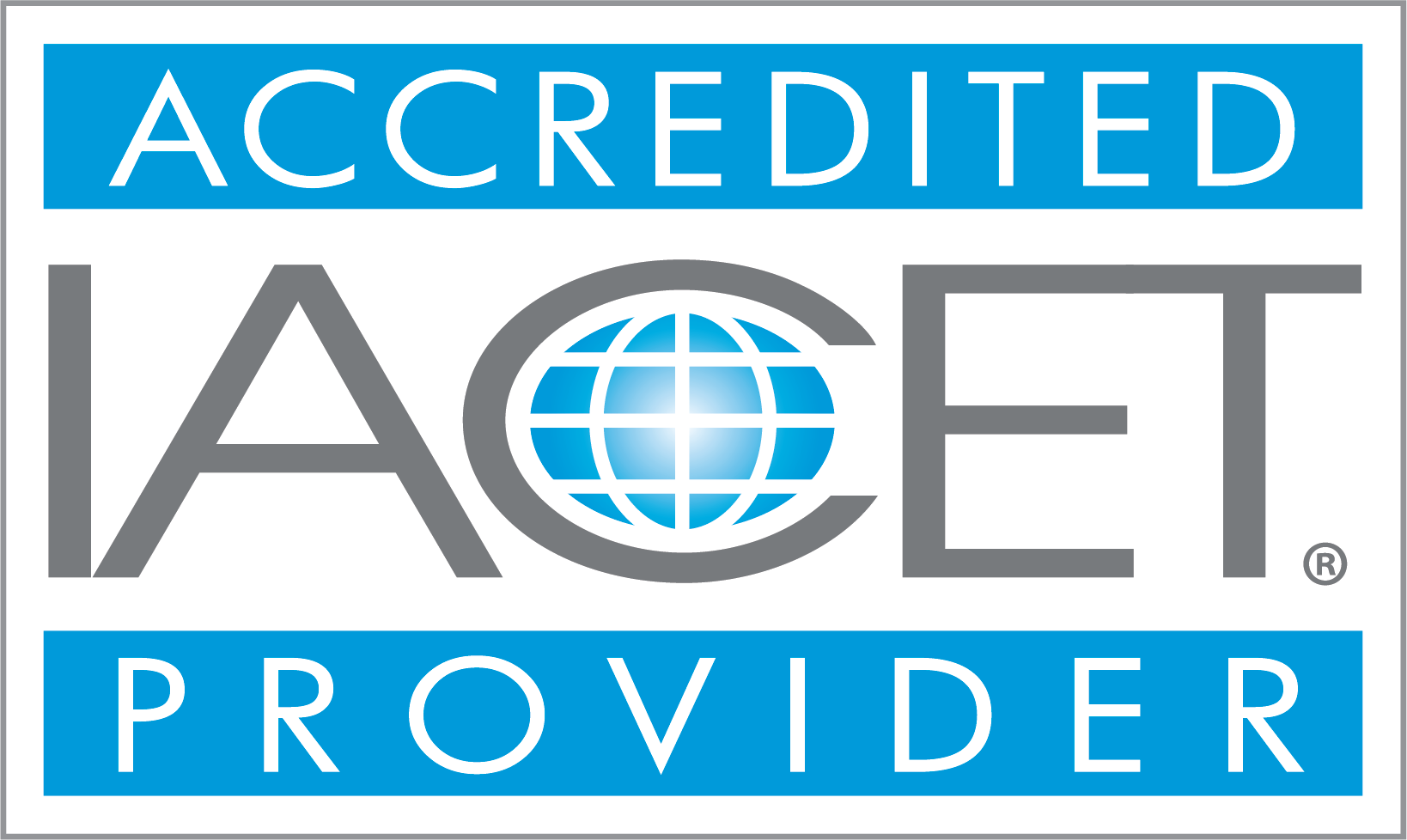
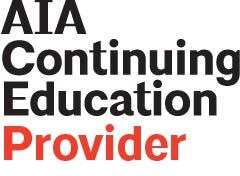

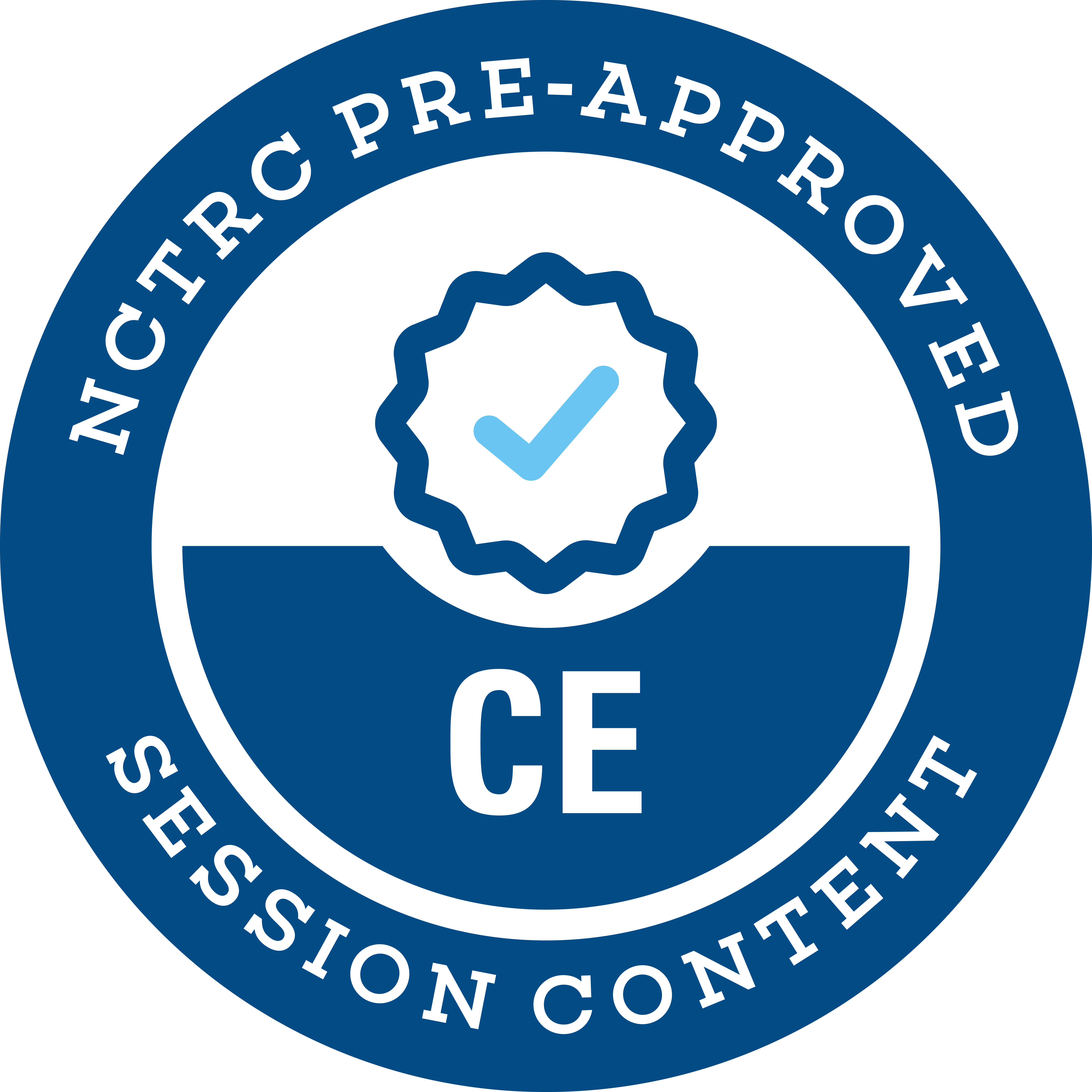
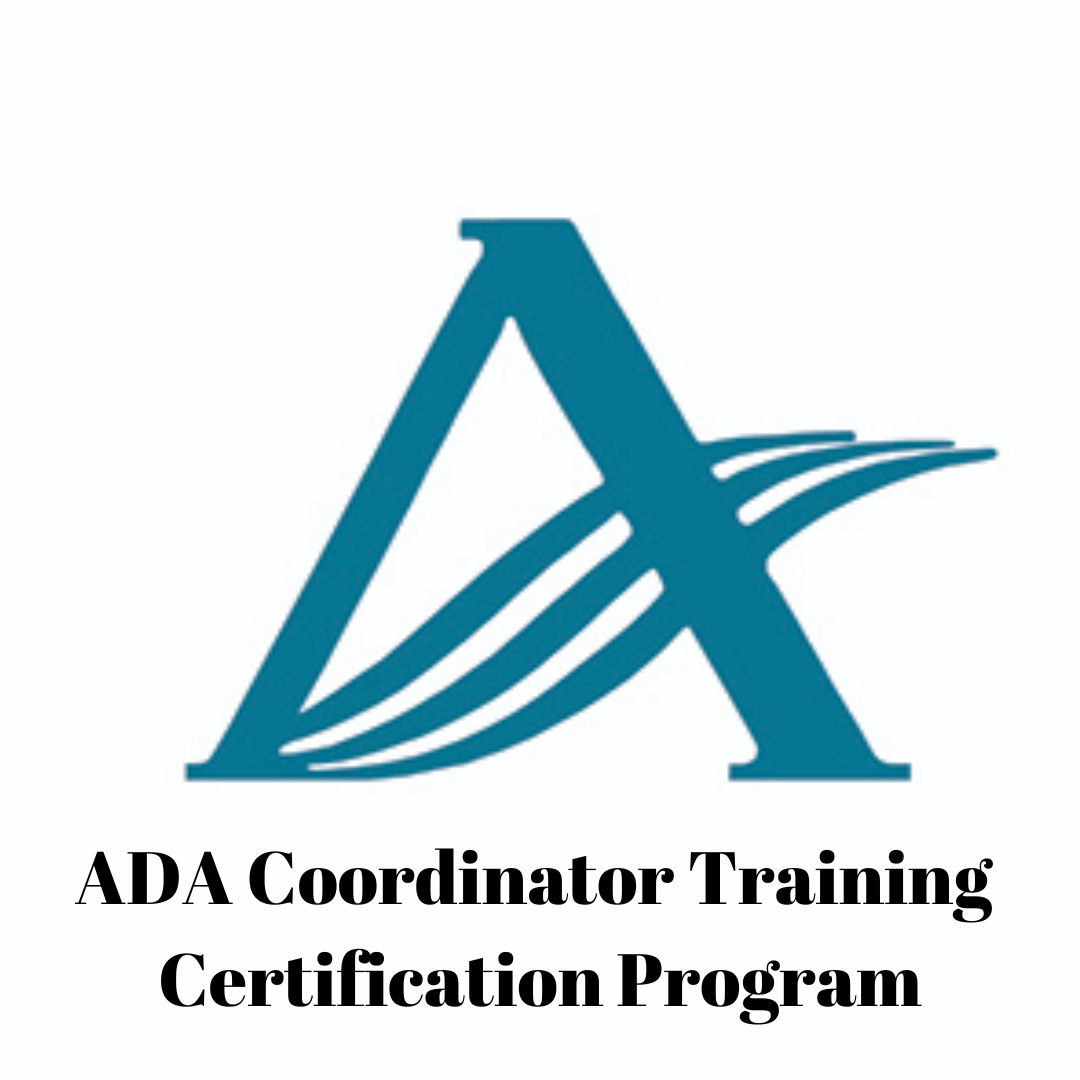
0.1 IACET CEU 1.0 AIA HSW LU 1.0 LA CES HSW PDH 0.1 CEU 1.25 Electives CEUs for a total of 1 Professional Development Hours (0.1 IACET CEU / 1.0 AIA HSW LU / 1.0 LA CES HSW PDH / 0.1 CTRS / 1.25 ACTCP Elective) will be provided to learners meeting the following requirements:
- Be present for 95% of the duration of the learning event;
- Participate in activities and discussion throughout;
- Complete assessment with 80% mastery of learning outcome;
- Complete feedback/evaluation survey.
CEUs can be applied toward NRPA CPRP/CPRE renewal. To obtain your CEU, please visit the "Event Details" tab above to complete the associated components for this event.
Instructor(s) Disclosures:
The instructors of this training webinar are employed by PlayCore and disclose an interest in attendees partnering with PlayCore on their play and recreation initiatives.
Speakers Disclosures:
The opinions of the speakers in these events do not necessarily reflect the views of PlayCore and its brands.
Notes:
For any questions or to request a copy of the written transcript for this session, please contact core@playcore.com
-
Register
- Prices available after logging in
- More Information
-
Contains 4 Component(s), Includes Credits Includes a Live Web Event on 11/05/2025 at 2:00 PM (EST)
From Boomers to Gen Alpha, it's not uncommon for aquatic facilities to see five generations visiting for wellness and play opportunities. Join the leadership from the Association of Aquatic Professionals as we discuss trends in aquatic design to meet the needs of guests of all ages and abilities and dig into programming ideas that can be incorporated into new and innovative spaces as well as traditional aquatic facilities.
From Boomers to Gen Alpha, it's not uncommon for aquatic facilities to see five generations visiting for wellness and play opportunities. Join the leadership from the Association of Aquatic Professionals as we discuss trends in aquatic design to meet the needs of guests of all ages and abilities and dig into programming ideas that can be incorporated into new and innovative spaces as well as traditional aquatic facilities
Learning Objectives:
- Evaluate the needs of various populations within their user base and identify gaps in design and programming.
- Analyze emerging trends in new facility design to determine how they support users of different ages and abilities.
- Develop a variety of programs that optimize all facility spaces to enhance user engagement and maximize programming opportunities.
- Design inclusive aquatic experiences that foster community connectedness across multiple generations.
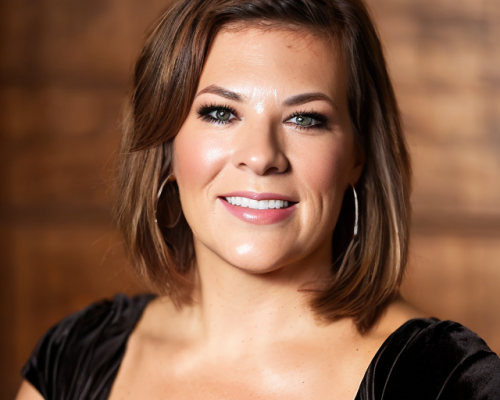
Juliene Hefter
Executive Director/CEO
Association of Aquatic Professionals.
From January, 2005 – February 2013 she was the Deputy Director for the Wisconsin Park & Recreation Association, a premiere Park and Recreation Associations in the nation. She was responsible for membership development and recruitment, coordinating educational development, development of marketing initiatives including the design and maintenance of the Association website, negotiating and implementing contracts and agreements, and generating revenue and corporate sponsorships.
Juliene Hefter received her Bachelor of Science in Recreational Leadership from the University of Wisconsin, LaCrosse and holds a Master of Science in Organizational Leadership and Quality from Marian College. She has a long and illustrious career in aquatics and park and recreation administration, and has been the Manager of Recreation Services for the City of West Bend, Park and Recreation Director for the City of Horicon, Supervisor of Recreation & Aquatics Director for the Fond du Lac School District, and the Park and Recreation Director for the Village of Germantown.
She has served in a number of leadership positions with both state and national organizations, including being the Chairperson for the National Recreation and Park Association’s 2005 National Aquatic Conference, Member and Chairperson of the Aquatic Facility Operators Board of Directors, 2007 General Chairperson of the National Aquatic Management School and National Aquatic Conference, 2007 President of the National Aquatic Council, Chairperson of the Wisconsin Park & Recreation Association’s Recreation Section, Chairperson of the Southeast Park and Recreation Council, and Vice-Chairperson of the Washington County park and Open Space Technical Advisory Committee. She was also the President of the Association of Aquatic Professionals from 2011 – March 2013.
Her distinguished career includes being the recipient of the Wisconsin Park & Recreation Association’s Professional Award of Merit, the Recreation Professional of the Year, Aquatic Professional of the Year, and the recipient of the Public Policy Innovation Award. In 2007 she was named to the “Top 25 in Aquatics” by Aquatics International. In 2015 she was recognized by Aquatics International as one of the top 10 Aquatic Advocates and in 2017 she received the International Swimming Hall of Fame’s Paragon award.
She is a renowned speaker and author on a variety of management and administrative topics, including A Hands On Approach to Corporate Sponsorships, Sexual Harassment Training for Part-Time and Seasonal Staff, Public Perception of Lifeguards, Marketing and Promotions, and Team Building and Special Events.
Juliene provides consulting work and expert witness services in aquatic related areas. She sat on the Sounding Board for the development of the New American Red Cross 2012 Lifeguarding Program and assisted in the development of the Lifeguard Management curriculum. She also contributed to the development of the Starfish Aquatics Aquatic Technician Program and is also one of the founders of the Association of Aquatic Professionals.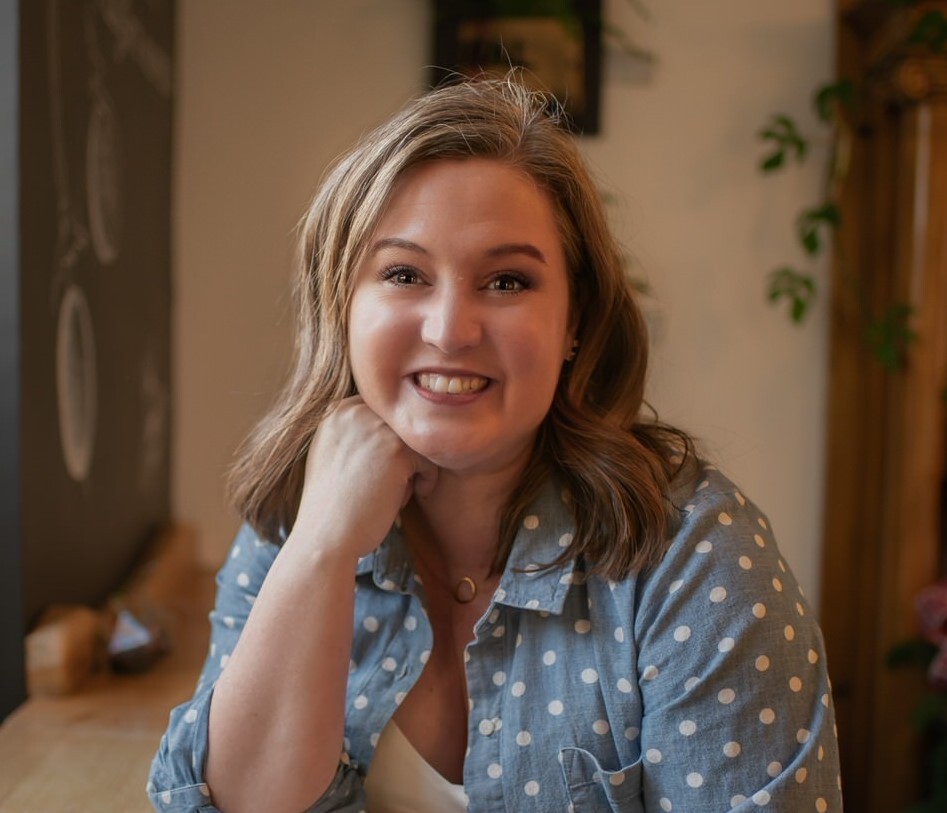
Kirsten Barnes
Assistant Director
Association of Aquatic Professionals
Kirsten Barnes joins AOAP as the Assistant Director. As a graduate of the Missouri State University Recreation & Leisure Studies program, Kirsten’s career in recreation has included overseeing programs serving a variety of populations and managed facilities from golf courses and ice arenas to recreation centers and climbing gyms. Kirsten has been an aquatics coordinator overseeing municipal facilities, staff and programming, oversaw lifeguard management at 24 aquatic facilities and water parks with a private management company, and was a Recreation Director in the St Louis Area. She has been an industry vendor as the Director of HydroApps digital documentation software. Kirsten also works with recreation agencies to provide customized professional development and frontline trainings.
Kirsten has presented almost 100 education sessions at national and regional conferences. She is a Past President of the Missouri Parks & Recreation Association, served two years as the Marketing and Public Relations representative for the NRPA Annual Conference Program Committee and has been an AOAP Board Member.
Kirsten is Missouri born and raised and lives with her family in the mountains of Colorado.This session will offer the following credits:





0.1 IACET CEU 1.0 AIA HSW LU 1.0 LA CES HSW PDH 0.1 CEU 1.25 Electives 0.1 AqP CEU CEUs for a total of 1 Professional Development Hours (0.1 IACET CEU / 1.0 AIA HSW LU / 1.0 LA CES HSW PDH / 0.1 CTRS / 1.25 ACTCP Elective / 0.1 AqP CEU DEI or Elective) will be provided to learners meeting the following requirements:
- Be present for 95% of the duration of the learning event;
- Participate in activities and discussion throughout;
- Complete assessment with 80% mastery of learning outcome;
- Complete feedback/evaluation survey.
CEUs can be applied toward NRPA CPRP/CPRE renewal. To obtain your CEU, please visit the "Event Details" tab above to complete the associated components for this event.
Instructor(s) Disclosures:
The instructors of this training webinar are employed by PlayCore and disclose an interest in attendees partnering with PlayCore on their play and recreation initiatives.
Speakers Disclosures:
The opinions of the speakers in these events do not necessarily reflect the views of PlayCore and its brands.
Notes:
For any questions or to request a copy of the written transcript for this session, please contact core@playcore.com
-
Register
- Prices available after logging in
- More Information
-
Contains 4 Component(s), Includes Credits Includes a Live Web Event on 08/27/2025 at 2:00 PM (EDT)
The accessibility standards for playgrounds have been the minimum requirement for all newly constructed and altered playgrounds for 13 years, yet their application remains inconsistent and often misunderstood in new playground designs. Ensuring compliance while fostering inclusive and engaging play experiences for all requires a deep understanding of both the ADA Standards and ASTM public playground safety requirements. Join Jennifer Skulski and Bill Botten, both national experts in the accessibility of playgrounds, as they address some of the most complex and frequently asked questions surrounding playground accessibility. This session will explore the practical application of accessibility requirements, clarify common misconceptions when integrating new play trends, and examine the ongoing challenge of selecting and maintaining accessible playground surfacing. Attendees will gain actionable insights to enhance accessibility and inclusion in playground design beyond the minimum standards. This webinar includes real-time captioning. Video remote interpreting (VRI) is provided upon request. To request video interpreting services and/or resources in an alternate format, please email core@playcore.com at least two weeks prior to the live webinar date.
The accessibility standards for playgrounds have been the minimum requirement for all newly constructed and altered playgrounds for 13 years, yet their application remains inconsistent and often misunderstood in new playground designs. Ensuring compliance while fostering inclusive and engaging play experiences for all requires a deep understanding of both the ADA Standards and ASTM public playground safety requirements. Join Jennifer Skulski and Bill Botten, both national experts in the accessibility of playgrounds, as they address some of the most complex and frequently asked questions surrounding playground accessibility. This session will explore the practical application of accessibility requirements, clarify common misconceptions when integrating new play trends, and examine the ongoing challenge of selecting and maintaining accessible playground surfacing. Attendees will gain actionable insights to enhance accessibility and inclusion in playground design beyond the minimum standards.
This webinar includes real-time captioning. Video remote interpreting (VRI) is provided upon request. To request video interpreting services and/or resources in an alternate format, please email core@playcore.com at least two weeks prior to the live webinar date.Learning Objectives:
- Interpret key accessibility requirements within the ADA standards for playgrounds and their relationship to ASTM-referenced standards for public playgrounds.
- Assess the real-world application of accessibility standards, identifying common pitfalls in the design and construction of modern playgrounds.
- Differentiate between compliant and non-compliant play elements, ensuring alignment with accessibility and safety regulations.
- Design strategies for implementing and maintaining accessible play surface systems that balance usability, durability, and accessibility compliance.

William (Bill) Botten
Accessibility Consultant
PlayCore
Botten who currently works as an accessibility consultant joined the U.S. Access Board in 2000 and served for 22 years (retired in 2022) in several capacities while on staff including as a senior accessibility specialist, technical assistance coordinator, and the training coordinator. He was part of a team that developed the combined guidelines for the Americans with Disabilities Act and the Architectural Barriers Act and was the lead staff for the development of guidelines and technical assistance materials for the rulemaking on outdoor developed areas. Bill specializes in accessibility issues related to recreation facilities and outdoor developed areas.
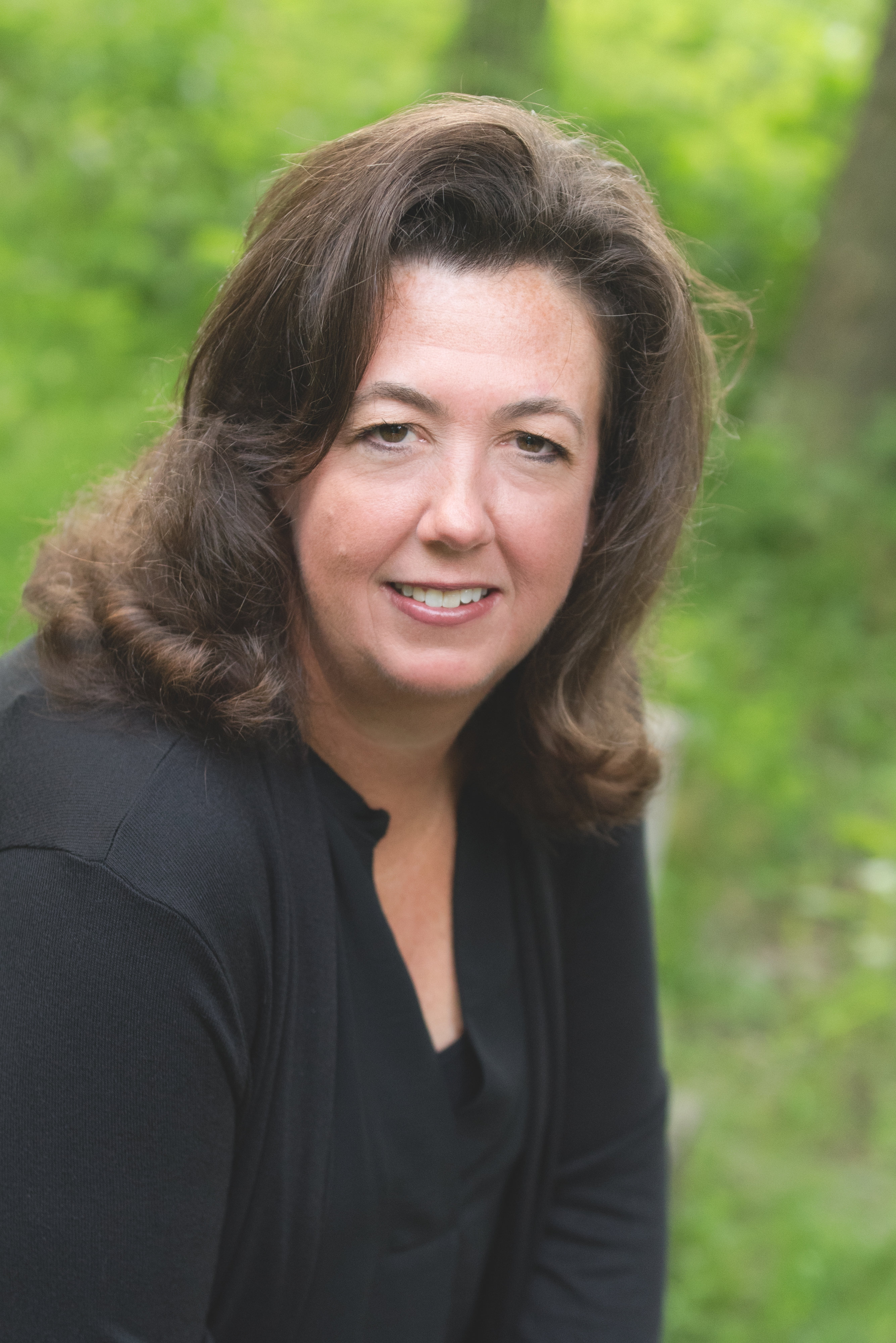
Jennifer Skulski
Owner
Skulski Consulting LLC
Jennifer Skulski has more than 29-years professional experience as a consultant, instructor, and researcher advocating for the inclusion of people with disabilities in parks, recreation and tourism. She has diverse expertise in the accessibility standards specific to recreation facilities and outdoor recreation environments, program access, policy development, transition planning, and universal design. She has conducted accessibility assessments of more than 60 national parks and 1,000 municipal park and recreation facilities. She has authored numerous articles on ADA compliance and served as the principle researcher for the U.S. Access Board’s longitudinal study on the accessibility of playground surfaces. Jennifer is the Principal of Skulski Consulting LLC and the publisher of Accessibility Management News, an e-newsletter focusing on the news, emerging trends, people making access happen, and top things every ADA/504 Coordinator should know to make their job in accessibility management easier.

Jennie Sumrell
CORE Community Outreach Director
PlayCore
Jennie worked in the field of childhood development and exceptional learning for nearly fifteen years. She has a Master’s degree in Special Education with a concentration in Early Childhood Education from the University of Tennessee at Chattanooga. Jennie joined PlayCore in 2008 and serves as the Community Outreach Director within PlayCore’s Center for Outreach, Research and Education. Deeply passionate about inclusive, intergenerational play, Jennie utilizes her expertise and personal experiences as an educator to positively impact the development of innovative play and recreation destinations that focus on community health and wellness.
This session will offer the following credits:





0.1 IACET CEU 1.0 AIA HSW LU 1.0 LA CES HSW PDH 0.1 CEU 1.25 Electives CEUs for a total of 1 Professional Development Hours (0.1 IACET CEU / 1.0 AIA HSW LU / 1.0 LA CES HSW PDH / 0.1 CTRS / 1.25 ACTCP Elective) will be provided to learners meeting the following requirements:
- Be present for 95% of the duration of the learning event;
- Participate in activities and discussion throughout;
- Complete assessment with 80% mastery of learning outcome;
- Complete feedback/evaluation survey.
CEUs can be applied toward NRPA CPRP/CPRE renewal. To obtain your CEU, please visit the "Event Details" tab above to complete the associated components for this event.
Instructor(s) Disclosures:
The instructors of this training webinar are employed by PlayCore and disclose an interest in attendees partnering with PlayCore on their play and recreation initiatives.
Speakers Disclosures:
The opinions of the speakers in these events do not necessarily reflect the views of PlayCore and its brands.
Notes:
For any questions or to request a copy of the written transcript for this session, please contact core@playcore.com
-
Register
- Prices available after logging in
- More Information
-
Contains 4 Component(s), Includes Credits Includes a Live Web Event on 08/06/2025 at 2:00 PM (EDT)
Discover how inclusive playgrounds support active play for children of all abilities. In this session, we will share research using GPS and accelerometer data to track. where and how third-grade children—with and without disabilities—play during recess. Findings reveal key differences in playground equipment use and activity levels, with children with disabilities slightly more active overall. Learn how the evidence-based design best practices of the 7 Principles of Inclusive Playground can guide data-informed decisions to create engaging, equitable spaces for every child.
Discover how inclusive playgrounds support active play for children of all abilities. In this session, we will share research using GPS and accelerometer data to track. where and how third-grade children—with and without disabilities—play during recess. Findings reveal key differences in playground equipment use and activity levels, with children with disabilities slightly more active overall. Learn how the evidence-based design best practices of the 7 Principles of Inclusive Playground can guide data-informed decisions to create engaging, equitable spaces for every child.
Learning Objectives:
- Compare how children with and without disabilities use inclusive playground spaces.
- Analyze physical activity patterns based on playground location and equipment type.
- Describe how GPS and accelerometer data can inform playground design and evaluation.
- Apply the 7 Principles of Inclusive Playground Design to promote active play for all children.
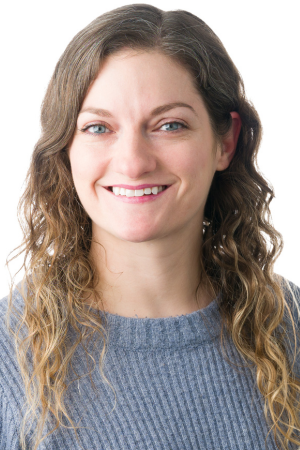
Dr. Kimberly Clevenger, PhD, MPH
Director of Research and Resources and an Assistant Professor in the Department of Kinesiology and Health Science
PlayCore and Utah State University
Dr. Kimberly Clevenger, PhD, MPH is PlayCore’s Director of Research and Resources and an Assistant Professor in the Department of Kinesiology and Health Science at Utah State University, where she leads research on promoting and measuring children’s physical activity. Her research explores how built environments—like schoolyards and classrooms—influence free-play, specifically how play behaviors vary across time and space. With a PhD in Kinesiology from Michigan State University, an MPH in Quantitative Methods from Harvard, and postdoctoral training at the National Cancer Institute, she brings a rich interdisciplinary foundation to her work.
This session will offer the following credits:



0.1 IACET CEU 1.0 AIA HSW LU 1.0 LA CES HSW PDH CEUs for a total of 1 Professional Development Hours (0.1 IACET CEU / 1.0 AIA HSW LU / 1.0 LA CES HSW PDH) will be provided to learners meeting the following requirements:
- Be present for 95% of the duration of the learning event;
- Participate in activities and discussion throughout;
- Complete assessment with 80% mastery of learning outcome;
- Complete feedback/evaluation survey.
CEUs can be applied toward NRPA CPRP/CPRE renewal. To obtain your CEU, please visit the "Event Details" tab above to complete the associated components for this event.
Instructor(s) Disclosures:
The instructors of this training webinar are employed by PlayCore and disclose an interest in attendees partnering with PlayCore on their play and recreation initiatives.
Speakers Disclosures:
The opinions of the speakers in these events do not necessarily reflect the views of PlayCore and its brands.
Notes:
For any questions or to request a copy of the written transcript for this session, please contact core@playcore.com
-
Register
- Prices available after logging in
- More Information
-
Contains 4 Component(s), Includes Credits Includes a Live Web Event on 07/15/2025 at 2:00 PM (EDT)
Play isn’t just for children—it’s a powerful contributor to wellness across the lifespan. This cross-generational session explores how play impacts physical, emotional, and social health, featuring neuroscience insights, lived experiences, and actionable takeaways for today’s recreation professionals.
Play isn’t just for children—it’s a powerful contributor to wellness across the lifespan. This cross-generational session explores how play impacts physical, emotional, and social health, featuring neuroscience insights, lived experiences, and actionable takeaways for today’s recreation professionals.
Learning Objectives:
- Explain the connection between play and overall wellness using current research.
- Identify strategies to reduce play deprivation across age groups.
- Develop recreation initiatives that integrate play as a stress-relief and health-promoting tool.
- Evaluate the long-term impact of playful lifestyles on community well-being.
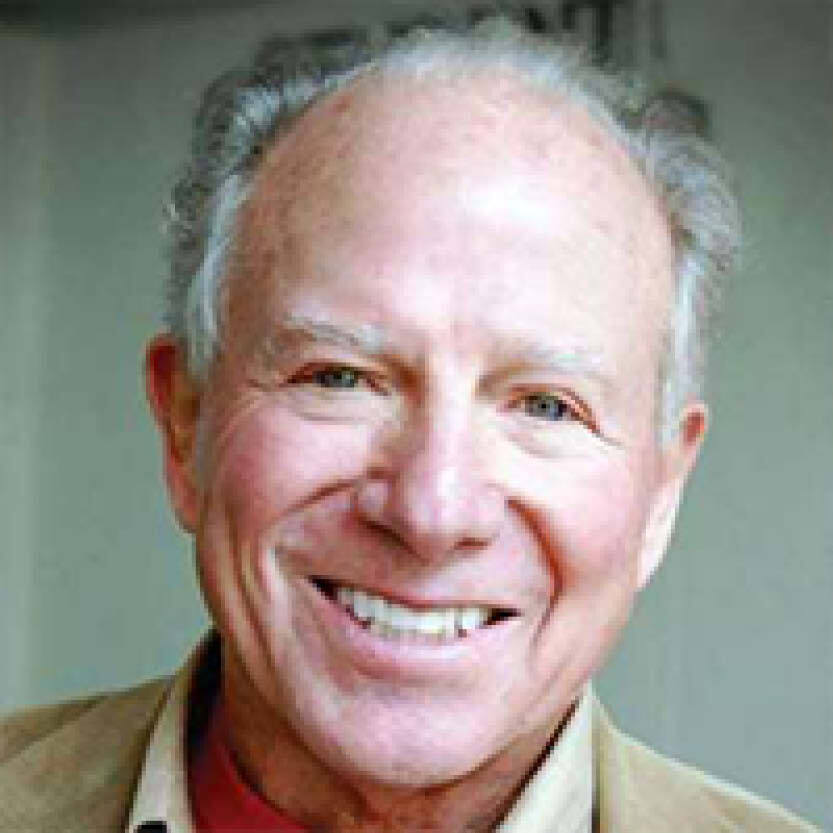
Dr. Stuart Brown
Founder
National Institute for Play
As a like-minded play advocate, PlayCore is proud to partner with Dr. Stuart Brown on furthering the advancement of play and helping our world understand the critical importance of participating in play throughout life. Our work together thus far has resulted in several play concepts that promote attunement between family members, and we are honored to feature Dr. Brown as our Scholarly Writer in Residence, a role in which he will impart his wealth of knowledge through seminars, features, and a monthly blog.
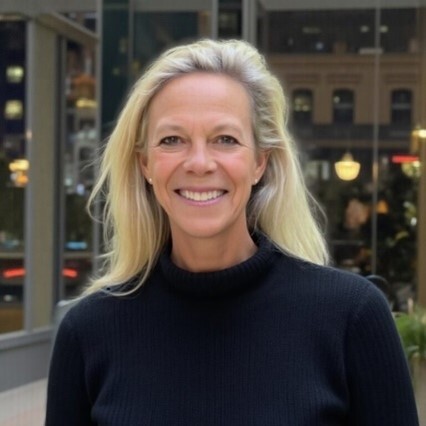
Lauren E. Sundstrom
Board Member and Strategic Advisor
National Institute for Play
Lauren Sundstrom, Dr. Stuart Brown’s youngest daughter, is honored to support the National Institute for Play as a Board Member and Strategic Advisor. Lauren attended Colorado College and St. Peter’s College, Oxford University, then spent nearly a decade in Washington, D.C., as a legislative aide to U.S. Senator Ted Stevens of Alaska, and as a lobbyist for Holland & Hart. Lauren later joined Western Land Group in Denver, where she became a partner specializing in real estate transactions involving government lands. Lauren has served as a Strategic Advisor to Rickaroons and a host of community and sports initiatives. She and her husband Steve raised two children, Mia and Leo, in Boulder where they attended a play-based preschool and a K-8 Charter based on self-directed, playful learning with very limited tests, grades, or homework. Lauren is a social kinesthete for whom play is a daily practice.
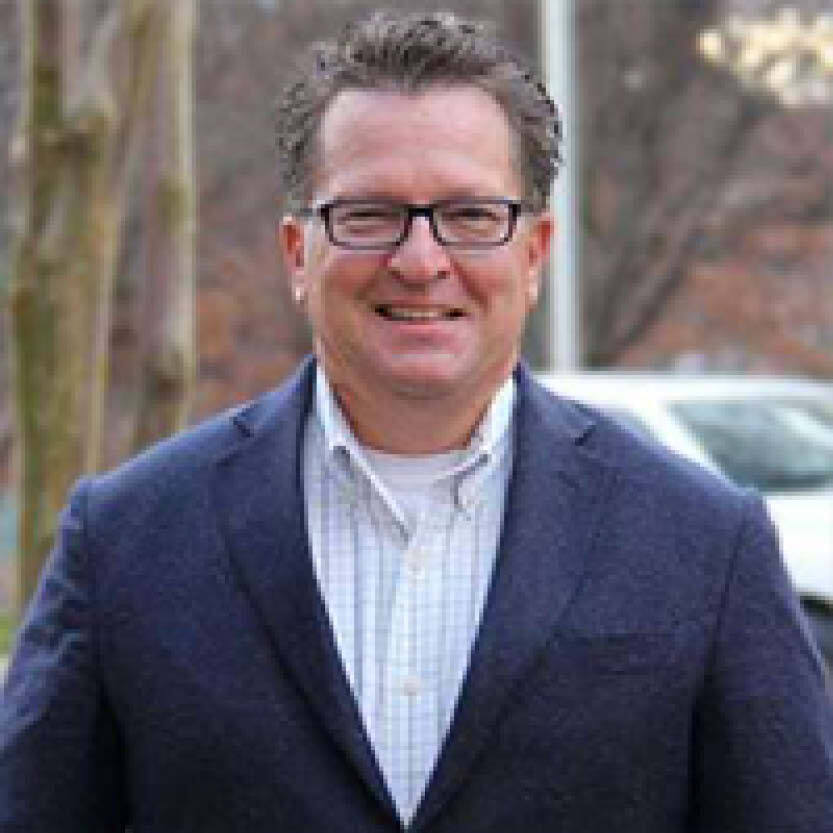
Tom Norquist
Senior Vice President of Innovation & Business Development
PlayCore
As a founding board member in 1995, past president, past treasurer, current secretary and president elect of the International Play Equipment Manufacturer’s Association (IPEMA) and long-term active American Society for Testing and Materials (ASTM) representative, over the past 34 years, Tom has been involved in all aspects of the play industry. He served from 2002-2004 on the Advisory Board for the National Program for Playground Safety (NPPS). He served from 2002-2004 on the Advisory Board for the National Program for Playground Safety (NPPS).
For over a decade, he actively served in the (Access Board) Recreation Access Advisory Committee and Regulatory Negotiation meetings and additionally served on the advisory panel for the Access Board’s on-line Technical Assistance and Training for Play Area Accessibility. Tom served for over 15 years on the Board for the International Playground Contractor’s Association (NPCAI), and is a founding steering committee member and active leader on the U.S. Coalition for Play. Tom is one of few recipients of the coveted Joe L. Frost Play Research Collection National Play Advocate Award in April 2008.
Additionally, over the past five years, Tom has led Dr. Stuart Brown’s National Institute for Play (NIFP) Board and is the project co-leader of the first known on-line database of scientific and academic research creating a cohesive picture about the proven scientific benefits of play. He is currently serving as the President of NIFP.
Tom received Auburn University’s School of Industrial and Graphic Design Distinguished Service Award for his leadership teaching ten design studios over the past twelve years. Finally, Tom serves on the Canadian Standards Association Children’s Playspaces & Equipment Z614 committee and is representing the United States on the ISO TC83 Playground Equipment committee.
Tom is a passionate play advocate and enjoys the many fun opportunities he has created at his “Boneyard” to play outdoors with family and friends of all ages.

Mia Sundstrom
Director for Play Transformation
National Institute for Play
Mia Sundstrom is director for play transformation at the National Institute For Play, an organization that champions play founded by her grandfather, Dr. Stuart Brown. She is also a project manager for character education in the chancellor’s office at the University of Denver. Sundstrom has appeared on podcasts, delivered keynotes, led workshops and consulted with organizations regarding the application of play and character as a competitive advantage. She was previously an NCAA D1 assistant coach for the University of Denver’s top-10 gymnastics team. Before that, she was a student-athlete and captain for Denver Gymnastics, helping lead the program to a historic fourth-place finish while earning her master’s in public policy and bachelor’s in business information and analytics.
This session will offer the following credits:



0.1 IACET CEU 1.0 AIA HSW LU 1.0 LA CES HSW PDH CEUs for a total of 1 Professional Development Hours (0.1 IACET CEU / 1.0 AIA HSW LU / 1.0 LA CES HSW PDH) will be provided to learners meeting the following requirements:
- Be present for 95% of the duration of the learning event;
- Participate in activities and discussion throughout;
- Complete assessment with 80% mastery of learning outcome;
- Complete feedback/evaluation survey.
CEUs can be applied toward NRPA CPRP/CPRE renewal. To obtain your CEU, please visit the "Event Details" tab above to complete the associated components for this event.
Instructor(s) Disclosures:
The instructors of this training webinar are employed by PlayCore and disclose an interest in attendees partnering with PlayCore on their play and recreation initiatives.
Speakers Disclosures:
The opinions of the speakers in these events do not necessarily reflect the views of PlayCore and its brands.
Notes:
For any questions or to request a copy of the written transcript for this session, please contact core@playcore.com
-
Register
- Prices available after logging in
- More Information
-
Contains 4 Component(s), Includes Credits
Choosing an appropriate playground surfacing is one of the most important factors in developing a safe outdoor play environment. This useful resource was created to raise awareness about some considerations to make when planning, purchasing, and protecting your playground surfacing investment. Case examples are highlighted to provide a comprehensive overview on the features and benefits of the variety of types of safety surfaces available. Considerations are also explored that can further enhance play value at your parks and playgrounds. The guide offers planning checklists, resources, and inspection tools to help assist in simplifying the selection, installation, and maintenance process to ensure the safety and enjoyment of users.
Choosing an appropriate playground surfacing is one of the most important factors in developing a safe outdoor play environment. This useful resource was created to raise awareness about some considerations to make when planning, purchasing, and protecting your playground surfacing investment. Case examples are highlighted to provide a comprehensive overview on the features and benefits of the variety of types of safety surfaces available. Considerations are also explored that can further enhance play value at your parks and playgrounds. The guide offers planning checklists, resources, and inspection tools to help assist in simplifying the selection, installation, and maintenance process to ensure the safety and enjoyment of users.
Learning Objectives:
- Describe the features and benefits of various surfacing options and how impact absorbing, accessible surfacing can be the most important factor in reducing the likelihood of life-threatening injuries on playgrounds.
- Outline best practices, considerations, and strategies when planning, purchasing, and protecting your surfacing investment.
- Summarize how surfacing can be utilized to increase the overall play value and experiences for children, families, and communities in local parks.
- Utilize standards, criteria, inspection tools, and other resources to assist with the evaluation, selection, and other processes involved in safety surfacing.

Karim Odeh
National Sales Manager
PlayCore/Surfacing Group
Karim Odeh is a National l Sales Manager for PlayCore's surfacing division and services all of PlayCore’s equipment brands. He has been in the recreation industry for over 4 years and is a Certified Instructor for PlayCore's Center for Outreach, Research, and Education, focusing on the Strong Foundations program. He received his Bachelor's degree from Tennessee Technological University in International Business and Cultures.
This session will offer the following credits:



0.1 IACET CEU 1.0 AIA HSW LU 1.0 LA CES HSW PDH CEUs for a total of 1 Professional Development Hours (0.1 IACET CEU / 1.0 AIA HSW LU / 1.0 LA CES HSW PDH) will be provided to learners meeting the following requirements:
- Be present for 95% of the duration of the learning event;
- Participate in activities and discussion throughout;
- Complete assessment with 80% mastery of learning outcome;
- Complete feedback/evaluation survey.
CEUs can be applied toward NRPA CPRP/CPRE renewal. To obtain your CEU, please visit the "Event Details" tab above to complete the associated components for this event.
Instructor(s) Disclosures:
The instructors of this training webinar are employed by PlayCore and disclose an interest in attendees partnering with PlayCore on their play and recreation initiatives.
Speakers Disclosures:
The opinions of the speakers in these events do not necessarily reflect the views of PlayCore and its brands.
Notes:
For any questions or to request a copy of the written transcript for this session, please contact core@playcore.com
-
Register
- Prices available after logging in
- More Information
-
Contains 4 Component(s), Includes Credits
People of all ages and abilities have the fundamental right to access the benefits of quality parks and recreation. This panel will feature disability advocates, parks and recreation professionals, and accessibility experts who will share their perspectives and create awareness about common barriers to inclusion. Gain insightful strategies and considerations to help ensure facilities, programs, and services are designed to create a positive, welcoming environment, and staff can confidently welcome individuals with disabilities and strengthen community connections. This is the second session of a four-part webinar series, Beyond the Minimums. This webinar includes real-time captioning. Video remote interpreting (VRI) provided upon request. To request video interpreting services and/or resources in an alternate format, please email core@playcore.com at least two weeks before the live webinar date.
People of all ages and abilities have the fundamental right to access the benefits of quality parks and recreation. This panel will feature disability advocates, parks and recreation professionals, and accessibility experts who will share their perspectives and create awareness about common barriers to inclusion. Gain insightful strategies and considerations to help ensure facilities, programs, and services are designed to create a positive, welcoming environment, and staff can confidently welcome individuals with disabilities and strengthen community connections.
This is the second session of a four-part webinar series, Beyond the Minimums. This webinar includes real-time captioning. Video remote interpreting (VRI) provided upon request. To request video interpreting services and/or resources in an alternate format, please email core@playcore.com at least two weeks before the live webinar date.Learning Objectives:
- • List three disability awareness tips and considerations when communicating and interacting with individuals with disabilities.
- • Describe best practices for communicating and promoting inclusive play and recreation opportunities through accessible digital, printed, and in-person accommodations.
- • Outline key strategies for planning and implementing inclusive programs, services, and events that foster belonging and equity.
- • Evaluate your current programs and services to identify priorities and areas of need.

William (Bill) Botten
Accessibility Consultant
PlayCore
Botten who currently works as an accessibility consultant joined the U.S. Access Board in 2000 and served for 22 years (retired in 2022) in several capacities while on staff including as a senior accessibility specialist, technical assistance coordinator, and the training coordinator. He was part of a team that developed the combined guidelines for the Americans with Disabilities Act and the Architectural Barriers Act and was the lead staff for the development of guidelines and technical assistance materials for the rulemaking on outdoor developed areas. Bill specializes in accessibility issues related to recreation facilities and outdoor developed areas.

Jennie Sumrell
CORE Community Outreach Director
PlayCore
Jennie worked in the field of childhood development and exceptional learning for nearly fifteen years. She has a Master’s degree in Special Education with a concentration in Early Childhood Education from the University of Tennessee at Chattanooga. Jennie joined PlayCore in 2008 and serves as the Community Outreach Director within PlayCore’s Center for Outreach, Research and Education. Deeply passionate about inclusive, intergenerational play, Jennie utilizes her expertise and personal experiences as an educator to positively impact the development of innovative play and recreation destinations that focus on community health and wellness.
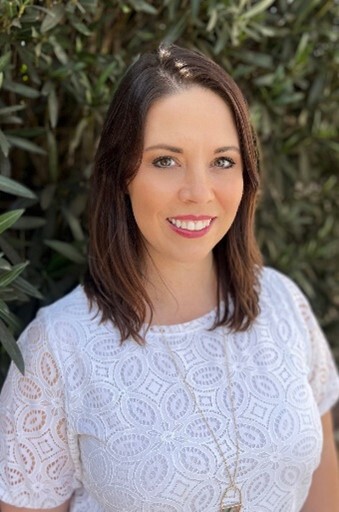
Ali Everett
Assistant Executive Director
City of Los Angeles, Department on Disability
Ali Everett, J.D., M.P.A, ADAC, CASp, is the Assistant Executive Director for the City of Los Angeles Department on Disability and a founding member of the California Network of ADA Coordinators. Prior to joining the City of Los Angeles, Ali served for seven years as the Accessibility Coordinator for the City of Pasadena in California. Ali attended Syracuse University where she obtained her law degree, master of public administration, certificate in disability law and policy, and certificate of advanced study in disability studies. Ali regularly presents on a variety of accessibility topics and enjoys working with ADA Coordinators to make communities more accessible for everyone.
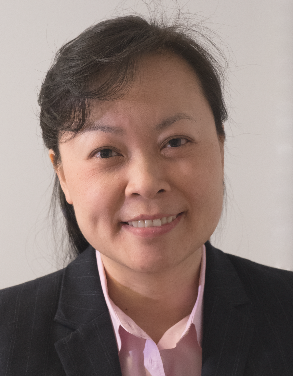
kathy Eng
Senior ICT Accessibility Specialist
U.S. Access Board
Kathy Eng is a Senior ICT Accessibility Specialist at the Access Board. She provides guidance and technical assistance on Section 508. She co-leads several project teams to improve testing and identify best practices for implementing Section 508 compliance across government. She has been working in federal accessibility and accommodations since 1999 and holds a Master’s degree in Rehabilitation Engineering.
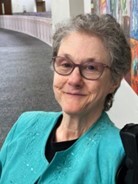
Jan Garrett
Deputy Director of ADA Programs
The Center on Disability and the Pacific ADA Center
Jan Garrett serves as the Deputy Director of ADA Programs for the Center on Disability and the Pacific ADA Center. She has 30 years of experience providing guidance and training on the ADA and other disability rights laws for businesses, state and local governments, recreation professionals, architects, people with disabilities, and others. As a person with a lived experience of disability who uses a power wheelchair for mobility, Jan has a deep personal understanding of why disability civil rights and accessibility are so important.
This session will offer the following credits:





0.15 IACET CEU 1.5 AIA HSW LU 1.5 LA CES HSW PDH 0.15 CEU 1.5 Electives CEUs for a total of 1 Professional Development Hours (0.1 IACET CEU / 1.0 AIA HSW LU / 1.0 LA CES HSW PDH / 0.1 CTRS / 1.25 ACTCP Elective) will be provided to learners meeting the following requirements:
- Be present for 95% of the duration of the learning event;
- Participate in activities and discussion throughout;
- Complete assessment with 80% mastery of learning outcome;
- Complete feedback/evaluation survey.
CEUs can be applied toward NRPA CPRP/CPRE renewal. To obtain your CEU, please visit the "Event Details" tab above to complete the associated components for this event.
Instructor(s) Disclosures:
The instructors of this training webinar are employed by PlayCore and disclose an interest in attendees partnering with PlayCore on their play and recreation initiatives.
Speakers Disclosures:
The opinions of the speakers in these events do not necessarily reflect the views of PlayCore and its brands.
Notes:
For any questions or to request a copy of the written transcript for this session, please contact core@playcore.com
-
Register
- Prices available after logging in
- More Information
-
Contains 4 Component(s), Includes Credits
As climate change accelerates, cities must rethink how they manage water, mitigate flooding, and build sustainable environments. Join PlayCore and The Cultural Landscape Foundation (TCLF) for a live panel discussion featuring five global leaders in landscape architecture and urban water management, moderated by Elizabeth Mossop (Oberlander Prize Jury Chair). The most recent Oberlander Prize winner and leading global advocate for the “sponge cities” concept for mitigating urban flooding, Kongjian Yu (China), Jasper Hugtenburg (Netherlands), Mia Lehrer (USA), Kotchakorn Voraakhom (Thailand), and Herbert Dreiseitl (Germany) will share their expertise on innovative, nature-based solutions, from sponge cities and river restoration to flood resilience and water-conscious urban planning. This engaging conversation will explore how integrating green and blue infrastructure can create healthier, more adaptable cities. Don't miss this opportunity to learn from the world’s leading visionaries shaping the future of water-sensitive urban design. PlayCore is honored to partner with The Cultural Landscape Foundation on this series as they continue to set the bar and produce beautiful content that highlights the importance of landscape architecture and its critical role in connecting people to places.
As climate change accelerates, cities must rethink how they manage water, mitigate flooding, and build sustainable environments. Join PlayCore and The Cultural Landscape Foundation for a live panel discussion featuring five global leaders in landscape architecture and urban water management, moderated by Elizabeth Mossop (Oberlander Prize Curator). The most recent Oberlander Prize winner and leading global advocate for the "sponge cities" concept for mitigating urban flooding, Kongjian Yu (China), along with Jasper Hugtenburg (Netherlands), Mia Lehrer (USA), Kotchakorn Voraakhom (Thailand), and Herbert Dreiseitl (Germany) will share their expertise on innovative, nature-based solutions, from sponge cities and river restoration to flood resilience and water-conscious urban planning. This engaging conversation will explore how integrating green and blue infrastructure can create healthier, more adaptable cities. Don't miss this opportunity to learn from the world's leading visionaries shaping the future of water-sensitive urban design. PlayCore is honored to partner with The Cultural Landscape Foundation on this series as they continue to set the bar and produce beautiful content that highlights the importance of landscape architecture and its critical role in connecting people to places.
Learning Objectives:
- Identify key moments that led each practitioner to pursue landscape architecture and their commitment to water-focused design.
- Examine how each practitioner’s work has evolved in response to regional water management challenges and cultural considerations.
- Analyze the integration of design and water management strategies across different environmental contexts.
- Evaluate case studies that demonstrate the effectiveness of nature-based solutions in urban water management.

Kongjian Yu
Founder and Principal Designer for Turenscape & Professor and Dean for the College of Architecture and Landscape of Peking University
Turenscape & Peking University
Kongjian Yu, the 2023 Oberlander Prize laureate, is a Harvard-educated Chinese landscape architect who has championed the idea of “sponge cities” to mitigate urban flooding. The concept addresses climate change accelerated stormwater runoff and flooding with large-scale, nature-based designs—including constructed wetlands, greenways, parks, canopy tree and woodland protection, rain gardens, green roofs, permeable pavements, bioswales, other measures—that act as sponges soaking up and storing rainfall instead of relying exclusively on traditional concrete reinforced riverbanks, dams, pipes, drains, and other conventional engineering solutions. These constructed ecosystems slow water flow and make wise use of nature’s free services to clean water, restore habitats for greater biodiversity, retain water for periods of drought, and create productive and pleasant places for people. The “sponge cities” concept was adopted as national policy in China in 2013 and has been deployed in some 600 projects in more than 200 Chinese cities, with the goal that by 2030 80% of the cities would be able to absorb 70% of their rainfall. Yu is the founder and leads the Graduate School of Landscape Architecture, and the College of Architecture and Landscape Architecture at Peking University. He is also the founder and principal designer at the landscape architecture firm Turenscape, which today numbers more than 500 employees.
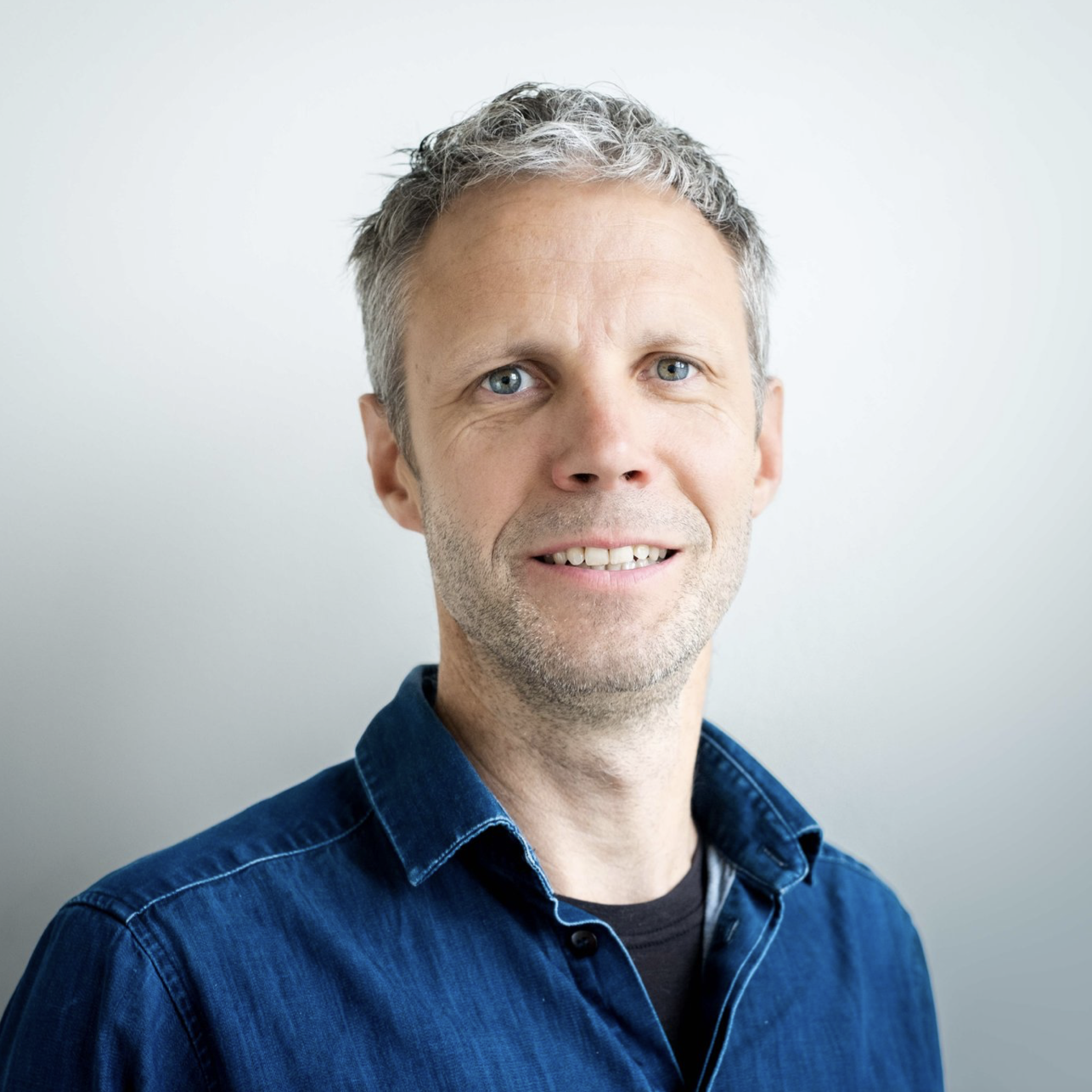
Jasper Hugtenburg
Senior Landscape Architect & Project Leader
H+N+S Landscape Architects
Jasper Hugtenburg, is a seasoned landscape architect and physical geographer, with more than twenty years of working experience in the fields of landscape architecture, water management, and ecology. He has been working for and with prestigious design offices, government bodies and NGOs, both in the Netherlands and abroad. As a senior landscape architect and project leader with H+N+S Landscape Architects, he is currently responsible for setting up and leading mostly interdisciplinary design projects with an emphasis on sustainable landscape development. Hugtenburg holds master’s degrees in physical geography and in landscape architecture. He graduated from the Amsterdam Academy of Architecture with a thesis on the application of nature-based solutions for the coastal development of a Dutch historic sea wall. Before joining H+N+S Landscape Architects, he was a morphology expert and policy advisor at the for the Dutch National Water Authority. Hugtenburg is also a teacher in the master’s program of the Maastricht Academy of Architecture and is currently an adjunct professor at University of British Columbia School of Architecture and Landscape Architecture.
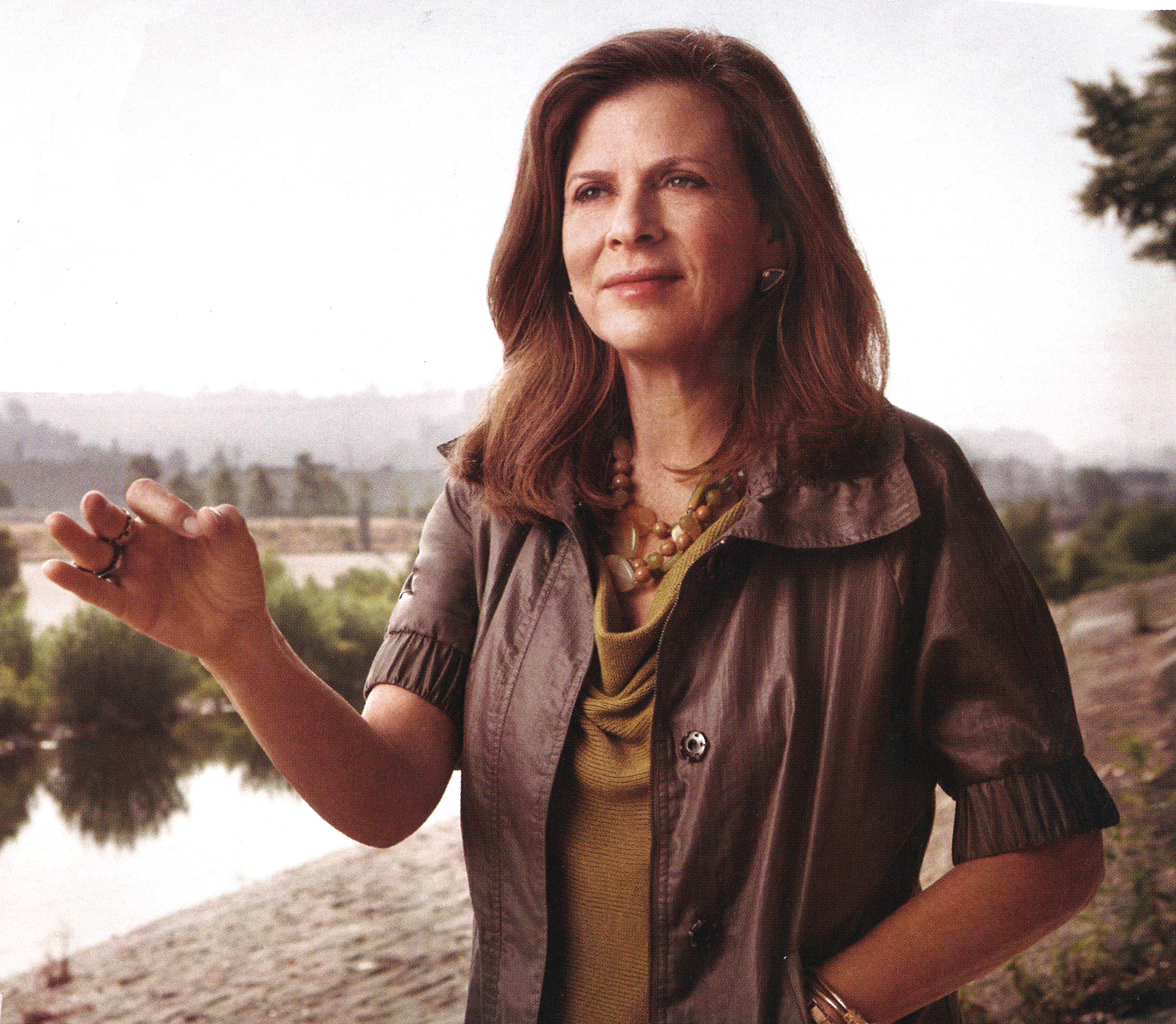
Mia Lehrer, FASLA
Founder
Studio-MLA
Mia Lehrer, FASLA, founded Studio-MLA with a vision to improve the quality of life through landscape. She is internationally recognized for progressive landscape design, advocacy for sustainable and people-friendly public places, and catalyzing work for a climate-appropriate future. Lehrer has led the design and implementation of several ambitious public and private projects, including the Hollywood Park Racetrack redevelopment and its new LA NFL Stadium, the Los Angeles County Natural History Museum Gardens, Vista Hermosa Natural Park, and many projects related to the Los Angeles River. She earned her M.L.A. from Harvard University’s Graduate School of Design, and she lectures and teaches around the world. Among Lehrer’s recent accomplishments, she is the newest Commissioner of the Los Angeles Department of Water & Power, recipient of the Cooper Hewitt Smithsonian Design Museum’s 2021 National Design Award for Landscape Architecture, the ASLA LaGasse Medal, the John L. Chase Legacy Award, and was appointed by President Obama to the United States Commission of Fine Arts.
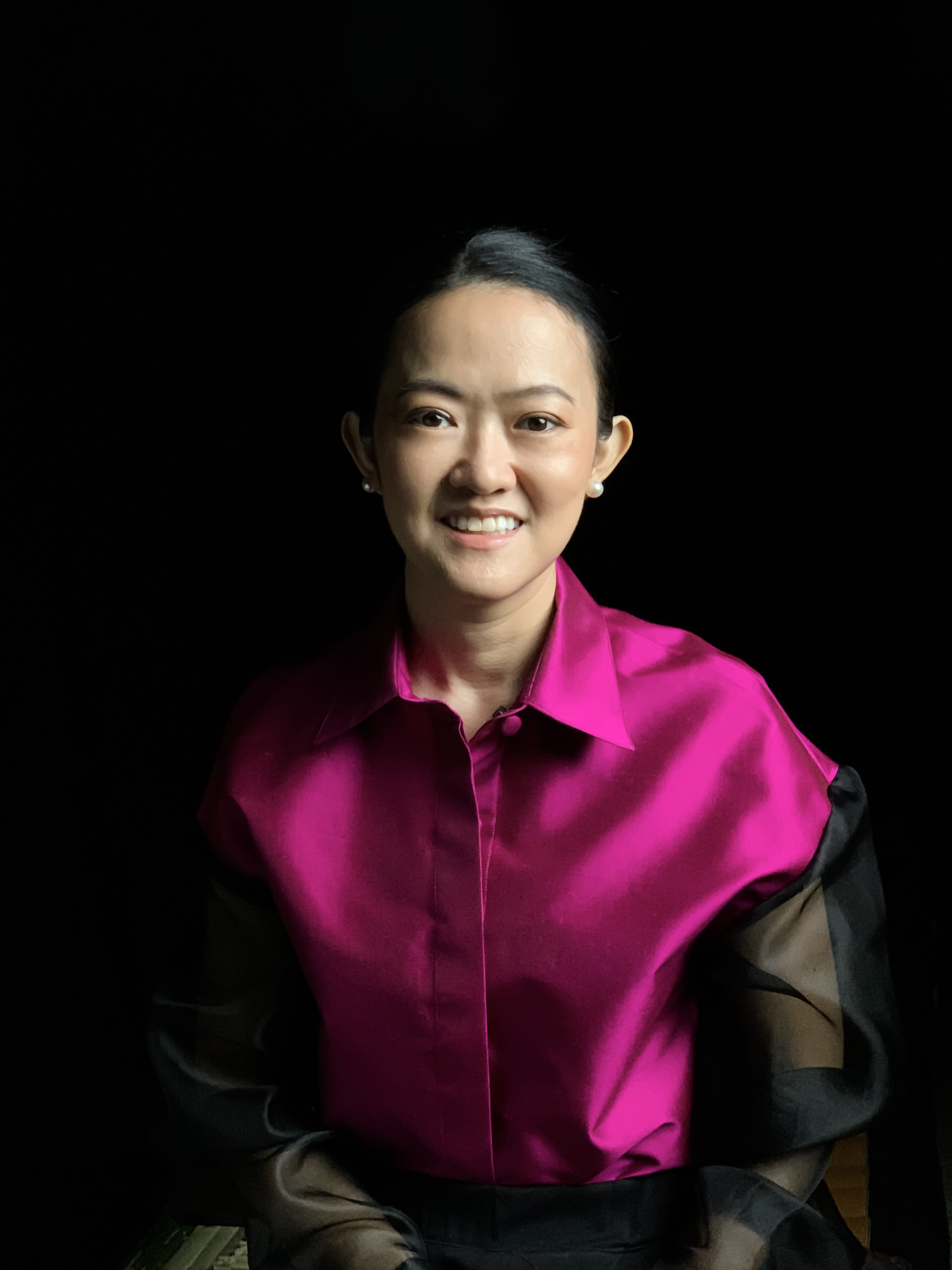
Kotchakorn Voraakhom
CEO and Founder
Landprocess and Porous City Network
Kotchakorn Voraakhom, CEO and Founder of Landprocess and Porous City Network, is a Thai landscape architect who works on productive public spaces, tackling climate change in dense urban areas. She created the first critical green infrastructure for Bangkok, Chulalongkorn Centenary Park. Her works also include, Thammasat Urban Farm Rooftop, the largest urban farming green roof in Asia, and the first bridge park across the river in any world capital, Chao Phraya Sky Park. The United Nations named Voraakhom winner of the UN Global Climate Action Awards, Women for Results. She was featured in the 2019 TIME 100 Next, a list from TIME Magazine that spotlights 100 rising stars shaping the world's future, as well as CNN Design, and New York Times. Voraakhom was named BBC100 Women, the Green 30 for 2020 by Bloomberg, and was a keynote opening speaker for 2019 Movin' On Summit. She is now teaching at the Harvard University Graduate School of Design. Voraakhom is a Chairwoman of the Climate Change Working Group of the International Federation of Landscape Architects (IFLA World), TED Fellow, Echoing Green Climate Fellow, Atlantic Fellow, and Futurity Fellow from BMW Foundation in exploring landscape architecture-based solutions to working with the water-based city she calls home. She also was a member of the jury that selected the winner of the Cornelia Hahn Oberlander International Landscape Architecture Prize (2023).
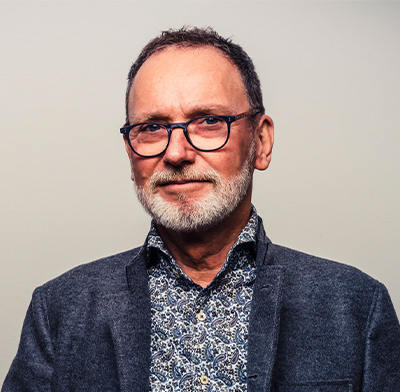
Herbert Dreiseitl
Founder and CEO
Dreiseitl Consulting
Herbert Dreiseitl, with the German firm Dreiseitl Consulting, is a landscape architect, urban designer, water artist, interdisciplinary planner, and visiting professor at the National University of Singapore (NUS), NUS Cities, and other universities. Dreiseitl is also a Harvard University Graduate School of Design Loeb Fellow and a Fellow of the Centre for Liveable Cities in Singapore. He lectures worldwide and has authored many publications including three editions of Recent Waterscapes, Planning, Building, and Designing with Water. Dreiseitl is an internationally respected expert in creating livable cities around the world with a special focus on the inspiring and innovative use of water to tackle the climate crisis and other urban environmental challenges, connecting technology with aesthetics, and encouraging people to take care and develop a sense of ownership for places. He has realized ground-breaking contemporary projects in the fields of urban design, urban hydrology, water art, stormwater management, planning, and landscape architecture such as Berlin Potsdamer Platz with Renzo Piano, Tanner Springs Park, Portland, OR, McLaren Technology Centre, London, alongside Norman Foster, Queens Botanical Garden, N.Y., and Bishan-Ang Mo Kio Park in Singapore.

Elizabeth Mossop
Curator of the Cornelia Hahn Oberlander International Landscape Architecture Prize.
University of Technology Sydney
Oberlander Prize Curator Professor Elizabeth Mossop is Dean of the University of Technology Sydney (UTS) School of Design, Architecture and Building, and a landscape architect and urbanist with wide-ranging experience in both landscape design and urban planning. Elizabeth is a founding principal of Spackman Mossop & Michaels landscape architects based in Sydney, Australia, and New Orleans, LA. With an academic career spanning 25 years, Elizabeth has held key roles at universities in both the United States and Australia. Before joining UTS, she was Professor of Landscape Architecture and Director of the Robert Reich School of Landscape Architecture at Louisiana State University, one of the highest-ranked landscape architecture programs in the United States. Previously, she was the Director of the Master of Landscape Architecture program at the Harvard Graduate School of Design.
This session will offer the following credits:

0.15 IACET CEU CEUs for a total of 1.5 Professional Development Hours (0.15 IACET CEU) will be provided to learners meeting the following requirements:
- Be present for 95% of the duration of the learning event;
- Participate in activities and discussion throughout;
- Complete assessment with 80% mastery of learning outcome;
- Complete feedback/evaluation survey.
CEUs can be applied toward NRPA CPRP/CPRE renewal. To obtain your CEU, please visit the "Event Details" tab above to complete the associated components for this event.
Instructor(s) Disclosures:
The instructors of this training webinar are employed by PlayCore and disclose an interest in attendees partnering with PlayCore on their play and recreation initiatives.
Speakers Disclosures:
The opinions of the speakers in these events do not necessarily reflect the views of PlayCore and its brands.
Notes:
For any questions or to request a copy of the written transcript for this session, please contact core@playcore.com
-
Register
- Prices available after logging in
- More Information
-
Contains 4 Component(s), Includes Credits Recorded On: 04/23/2025
Sustainable maintenance programs are essential for safer, accessible, and long-lasting playgrounds in schools and communities. In recognition of National Playground Safety Week 2025 (April 21-25), this webinar will provide actionable strategies for maintaining compliant and hazard-free play environments. Participants will gain insights into finding qualified playground inspectors, understanding key ADA compliance requirements for maintenance staff, and implementing surfacing maintenance best practices. Routine inspections and proactive maintenance help preserve playground investments, support accessibility, and create safer play spaces that promote healthy risk-taking and fun for all children.
Sustainable maintenance programs are essential for safer, accessible, and long-lasting playgrounds in schools and communities. In recognition of National Playground Safety Week 2025 (April 21-25), this webinar will provide actionable strategies for maintaining compliant and hazard-free play environments. Participants will gain insights into finding qualified playground inspectors, understanding key ADA compliance requirements for maintenance staff, and implementing surfacing maintenance best practices. Routine inspections and proactive maintenance help preserve playground investments, support accessibility, and create safer play spaces that promote healthy risk-taking and fun for all children.
Learning Objectives:
- Identify methods for locating and selecting a qualified playground inspector to ensure compliance with safety standards.
- Apply ADA maintenance requirements, including surfacing compliance, transition areas, and accessibility considerations.
- Implement a structured, sustainable maintenance program with proper documentation and follow-up procedures.
- Discuss best practices for maintaining playground surfacing to promote safety, durability, and compliance with recommended guidelines.
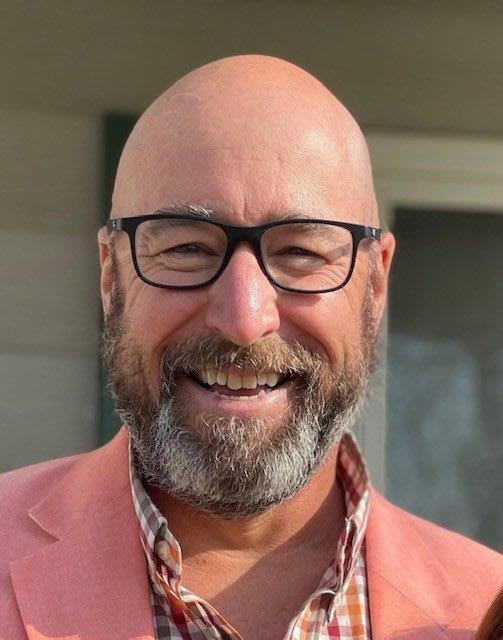
Lloyd Reese
Vice President Technical Product Management
PlayCore
Lloyd Reese has 30 years of experience in the ideation and development of products serving the play and recreation market. He actively serves on numerous ASTM, CSA, and ISO play related committees and is currently vice chair of ASTM F08.63 Playground surfacing systems. Lloyd is also a founding member of IPEMA and is currently serving his second term as president of that organization, in addition to chairing the IPEMA surfacing certification program and serving on the equipment certification committee.
This session will offer the following credits:



0.1 IACET CEU 1.0 AIA HSW LU 1.0 LA CES HSW PDH CEUs for a total of 1 Professional Development Hours (0.1 IACET CEU / 1.0 AIA HSW LU / 1.0 LA CES HSW PDH) will be provided to learners meeting the following requirements:
- Be present for 95% of the duration of the learning event;
- Participate in activities and discussion throughout;
- Complete assessment with 80% mastery of learning outcome;
- Complete feedback/evaluation survey.
CEUs can be applied toward NRPA CPRP/CPRE renewal. To obtain your CEU, please visit the "Event Details" tab above to complete the associated components for this event.
Instructor(s) Disclosures:
The instructors of this training webinar are employed by PlayCore and disclose an interest in attendees partnering with PlayCore on their play and recreation initiatives.
Speakers Disclosures:
The opinions of the speakers in these events do not necessarily reflect the views of PlayCore and its brands.
Notes:
For any questions or to request a copy of the written transcript for this session, please contact core@playcore.com
-
Register
- Prices available after logging in
- More Information
-
Contains 4 Component(s), Includes Credits Recorded On: 04/03/2025
Discover how playful placemaking can transform the way you engage communities and design meaningful spaces. In this interactive session, we’ll demonstrate the power of play as a tool for visioning and engagement by working through real-world examples in real time. Participants will learn how playful strategies can spark creativity, build trust, and uncover the deeper needs of the communities they serve. Designed for both parks and recreation professionals and design professionals, this session will explore how combining play with the design process fosters inclusive, resilient, and community-driven environments. Whether you’re looking to strengthen your community engagement process or enhance your design approach, this session offers practical insights and techniques you can apply immediately. Join us as we bring a project to life using playful placemaking methods, and leave inspired to reimagine the possibilities for your own work.
Discover how playful placemaking can transform the way you engage communities and design meaningful spaces. In this interactive session, we’ll demonstrate the power of play as a tool for visioning and engagement by working through real-world examples in real time. Participants will learn how playful strategies can spark creativity, build trust, and uncover the deeper needs of the communities they serve.
Designed for both parks and recreation professionals and design professionals, this session will explore how combining play with the design process fosters inclusive, resilient, and community-driven environments. Whether you’re looking to strengthen your community engagement process or enhance your design approach, this session offers practical insights and techniques you can apply immediately.
Join us as we bring a project to life using playful placemaking methods, and leave inspired to reimagine the possibilities for your own work.Learning Objectives:
- Explain the principles of playful placemaking and their impact on community spaces.
- Analyze how incorporating play into engagement strategies fosters meaningful connections and generates actionable insights.
- Utilize tools and techniques for engaging communities through interactive and meaningful play.
- Apply playful placemaking methods to your projects and leave with tools to enhance your next design.
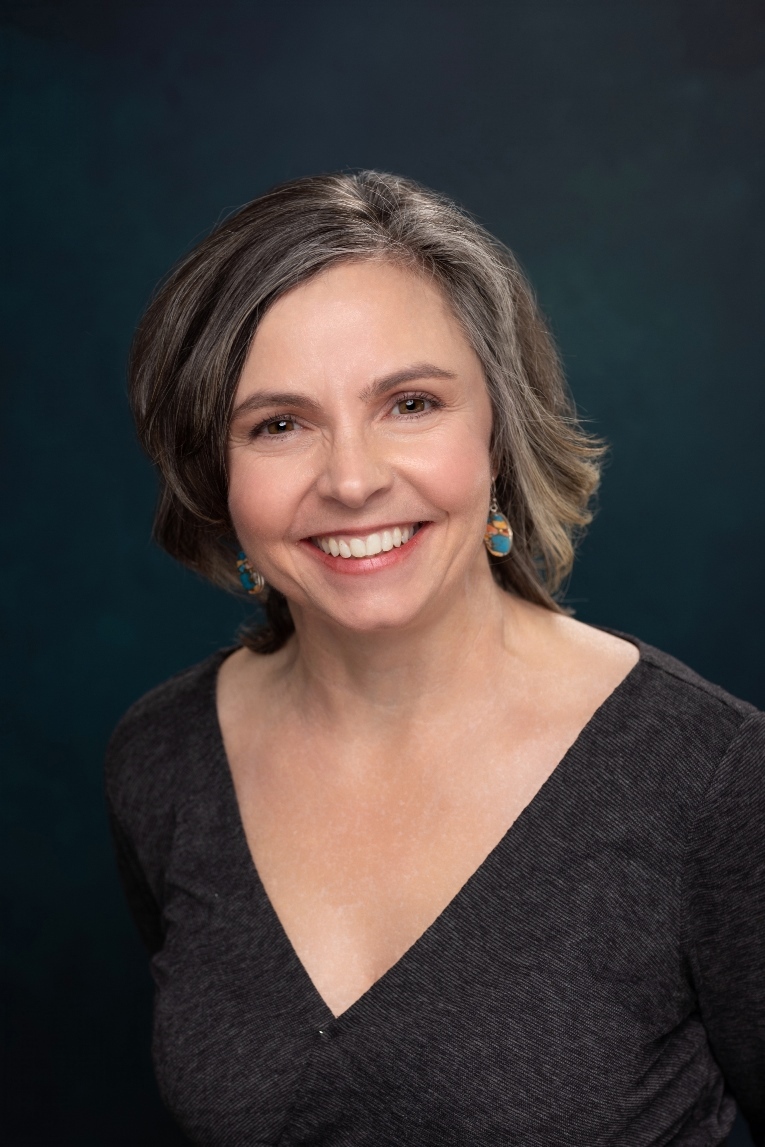
Joy Kuebler, RLA
President
Joy Kuebler Landscape Architect, PC
Joy Kuebler, RLA, ASLA is Trustee for the NY Upstate Chapter ASLA, and President of Joy Kuebler Landscape Architect, PC an award winning firm with work focusing on the human experience in the landscape. Joy has shared her experience of empowerment through play from the TEDx stage and successfully uses play to empower communities and inform her design process.
Joy was recognized as the 2016 Ellen Shipman Distinguished Private Practitioner by the NYUASLA Chapter. Her firm has been recognized as a Buffalo Fast Track Company and one of Key Banks’ Most Innovative Small Businesses. In 2020 Joy launched a new company; PLAYCE Studio, which has the mission of transforming the world of engagement and design.
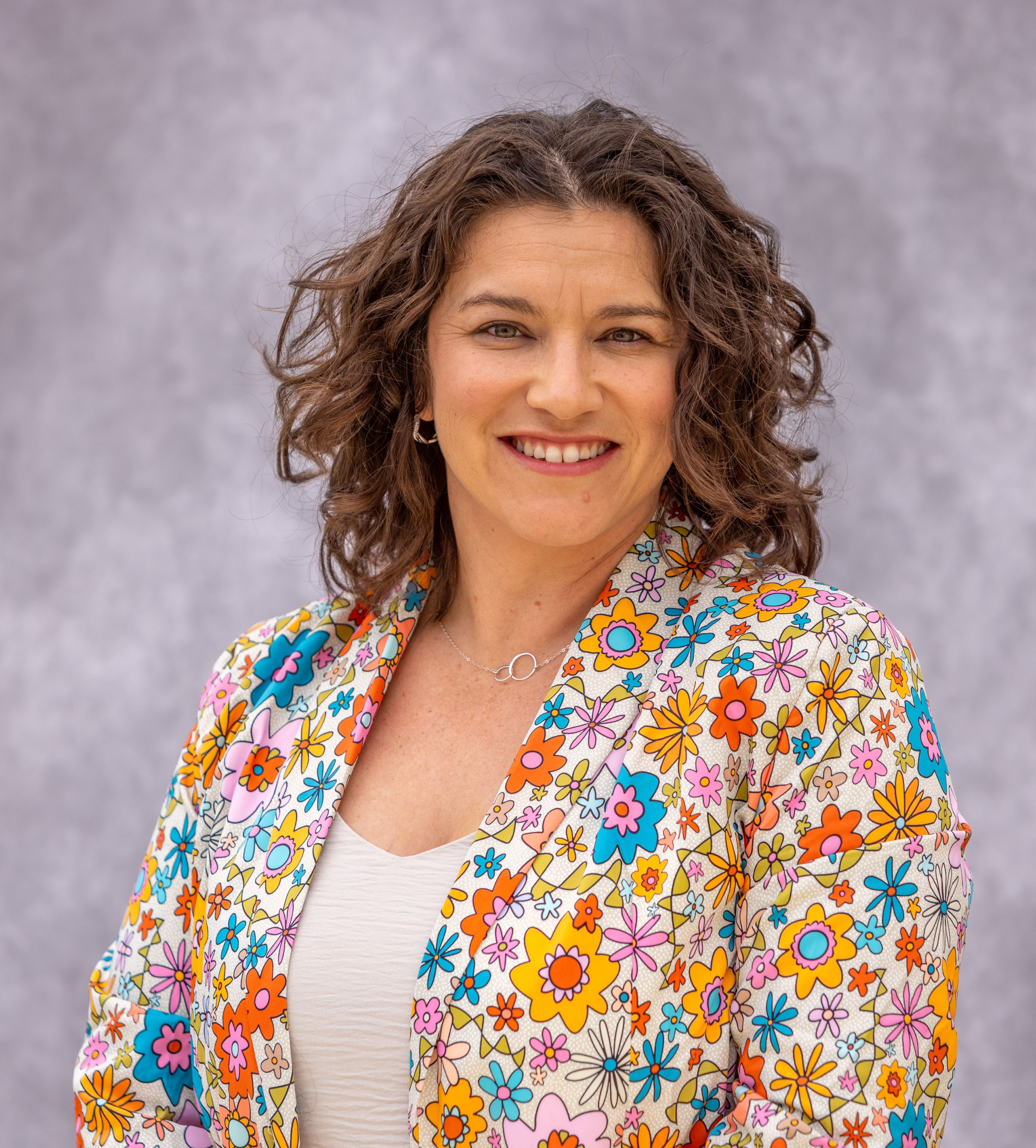
Cheryl Salazar
Entrepreneur
Cheryl graduated from California Baptist University’s Master of Public Administration program with a passion for community and recreation. Cheryl has over 15 years in the recreation industry including with the City of Fontana, Riverside County and City of San Marcos, California. She has managed operations, marketing, training, budgeting, nonprofits and events over the years.
Her professional career started as a lifeguard in her hometown which grew her enthusiasm and creativity for helping people. As she moved up in her field, she was involved in expanding engagement opportunities to the communities her employers served. Cheryl is now an entrepreneur and involved with PLAYCE Studio as a partner.
This session will offer the following credits:

0.1 IACET CEU CEUs for a total of 1 Professional Development Hours (0.1 IACET CEU) will be provided to learners meeting the following requirements:
- Be present for 95% of the duration of the learning event;
- Participate in activities and discussion throughout;
- Complete assessment with 80% mastery of learning outcome;
- Complete feedback/evaluation survey.
CEUs can be applied toward NRPA CPRP/CPRE renewal. To obtain your CEU, please visit the "Event Details" tab above to complete the associated components for this event.
Instructor(s) Disclosures:
The instructors of this training webinar are employed by PlayCore and disclose an interest in attendees partnering with PlayCore on their play and recreation initiatives.
Speakers Disclosures:
The opinions of the speakers in these events do not necessarily reflect the views of PlayCore and its brands.
Notes:
For any questions or to request a copy of the written transcript for this session, please contact core@playcore.com
-
Register
- Prices available after logging in
- More Information
